Divine Art is delighted to announce its latest project for the Métier label with leading chamber ensemble Gemini and its clarinettist leader, Ian Mitchell. The album, to be recorded this autumn, will be titled “for clarinet and strings” and contains works by several prominent composers, with a number of premiere recordings.
From its very beginning in 1974 Gemini has commissioned composers in a variety of styles, and programmed works and composers that have been overlooked sometimes for many years.
This album presents works by Cyril Scott and Rebecca Clarke that have been championed by the ensemble. The Scott quintet was premiered by the Melos Ensemble in 1953 and possibly given only its second performance (his widow thought this was the case) – at London’s South Bank Centre in 1995. The Clarke duo, like much of her music, was unfamiliar to most people, and (performing from manuscript copies) Gemini has given a number of airings including a live BBC Radio 3 broadcast. A central plank of Gemini’s programming has always been to promote contemporary composers including music by women – 32 of whom have been commissioned, with over 70 performances of works by women. The ensemble has developed long-standing relationships with many composers: commissioning, performing and recording with the aim of giving their music a wider audience. Gemini has had a long and close musical relationship with Nicola LeFanu (eventually inviting her to be the ensemble’s Honorary President); supported Sadie Harrison from very early in her career and commissioned a number of works from Howard Skempton.
The work by Sadie Harrison will have been written in 2020 and is due to be premiered this year subject to the position with regard to social restrictions. The Coe quintet grew out of a commission for a clarinet and piano piece by Ian Mitchell, Gemini’s director, and the Skempton Lullaby was also written for him.
The recording is booked to be held on 6th October 2020 at St Michael’s Church, South Grove, Highgate, London N6 6BJ. Again this is subject to possible alteration given current circumstances. The Clarke and Scott works were recorded several years ago when Gemini was a winner in the Prudential Award for the Arts .
The new album marks the continuation of an established and successful relationship between Gemini, Mitchell and Métier Records. Given current difficulties in the world at large release is likely to be in the very early part of 2021.
“… for clarinet and strings …” (MSV 28608)
Works
- Prelude, Allegro & Pastorale for clarinet and viola (Rebecca Clarke)
- Fire in Song (Sadie Harrison)
- Songs without Words (Nicola LeFanu)
- Dream Sequence (Tony Coe)
- Quintet for Clarinet and String Quartet (Cyril Scott)
- Lullaby (Howard Skempton)
Gemini:
- Ian Mitchell (Clarinet)
- Caroline Balding (violin & viola)
- Ruth Ehrlich (violin)
- Yuko Inoue (viola)
- Sophie Harris (cello)
- Aleksander Szram (clapsticks, speaker)

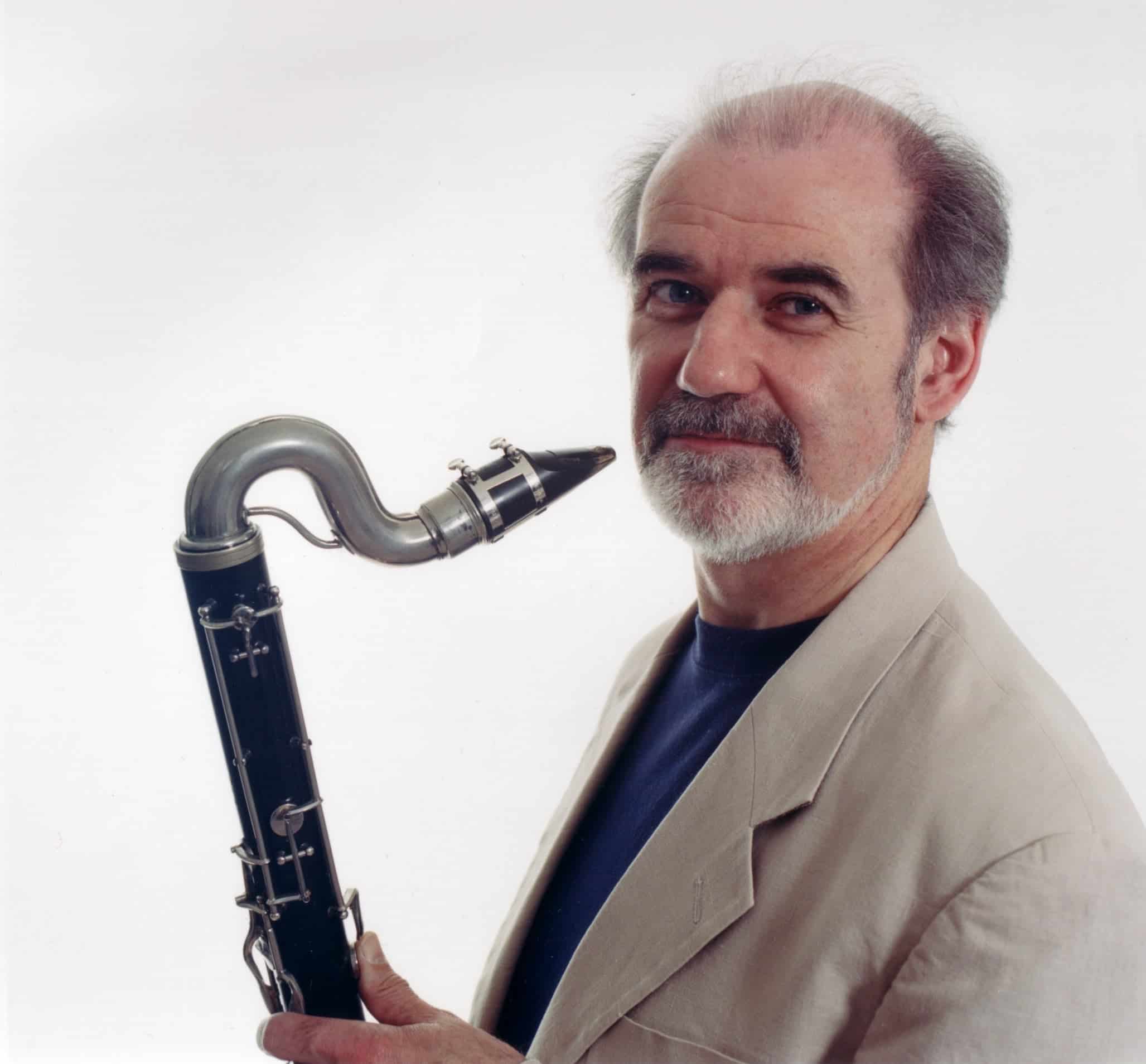
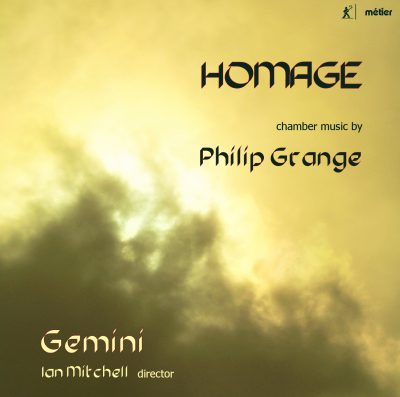
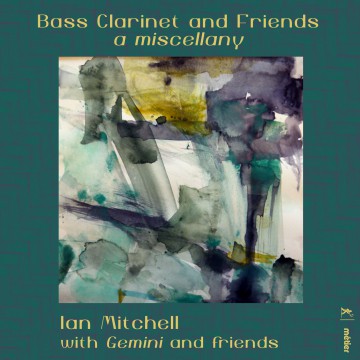


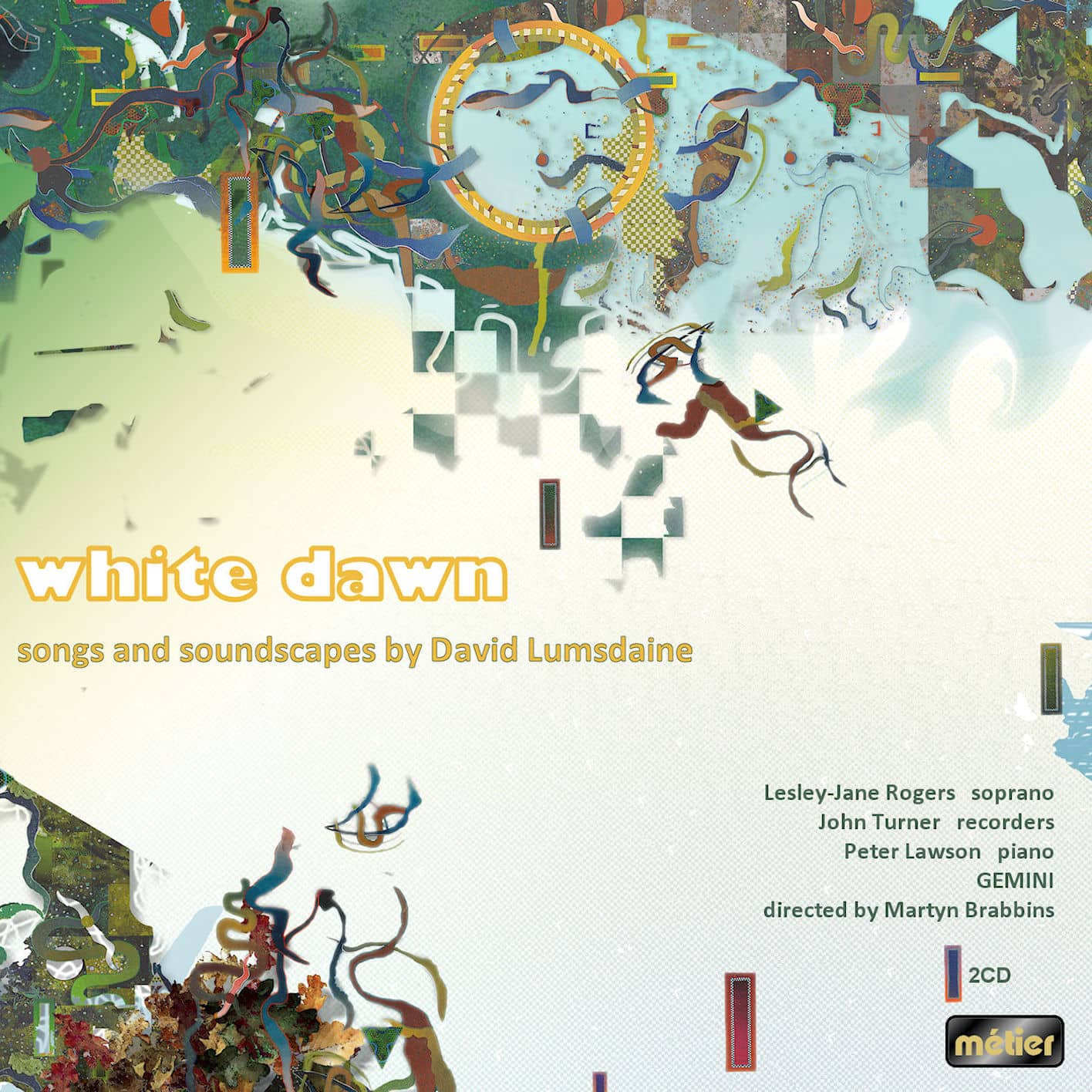

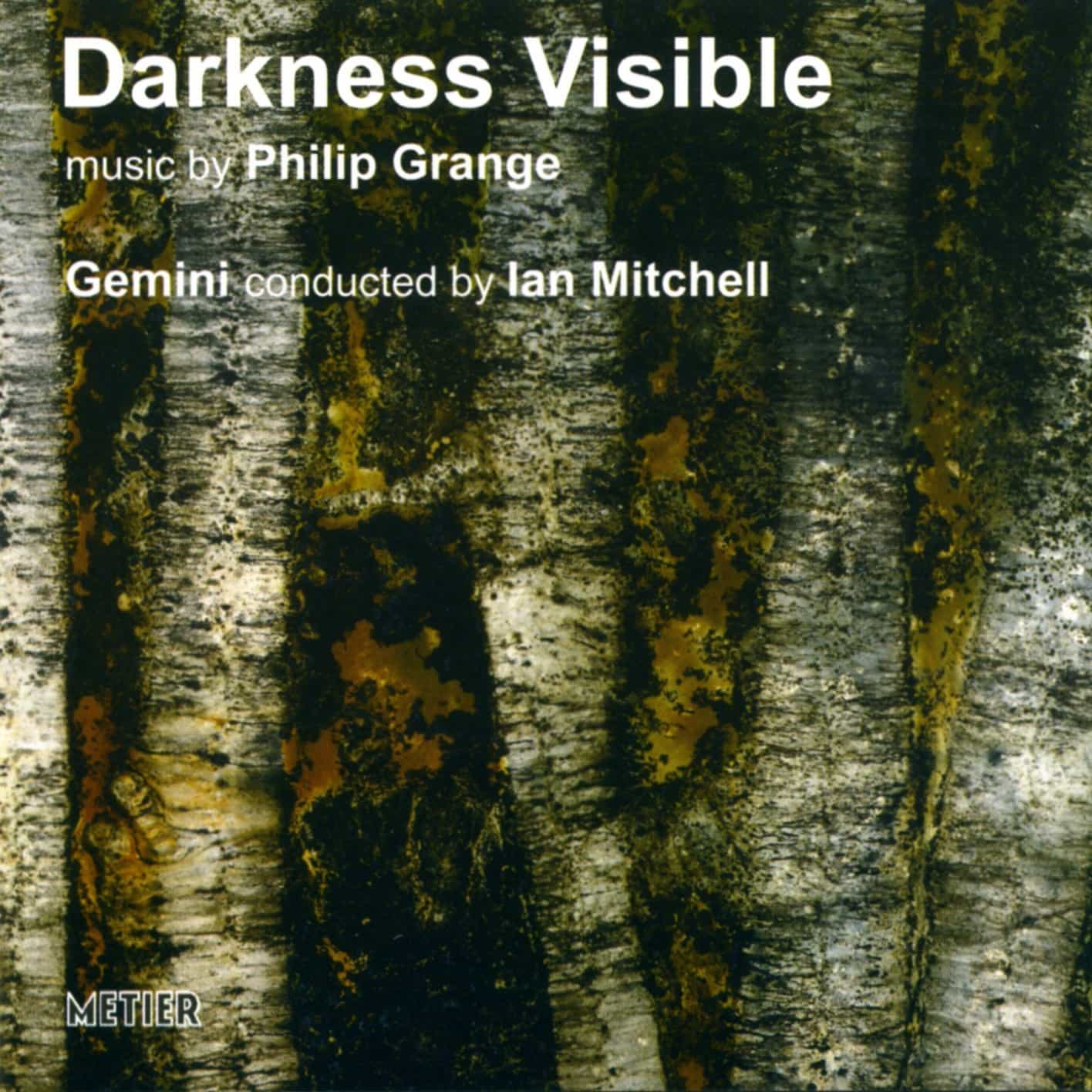

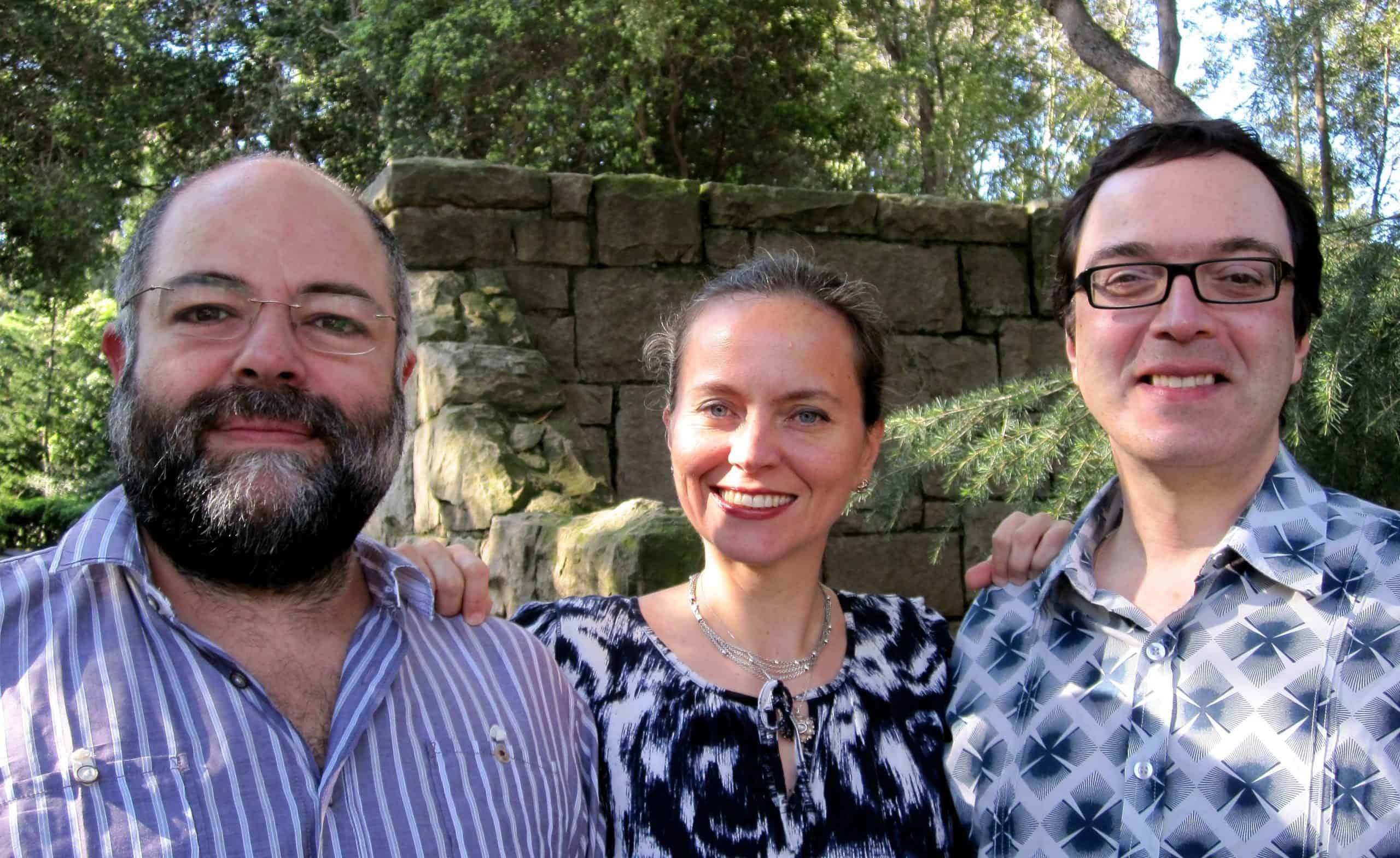
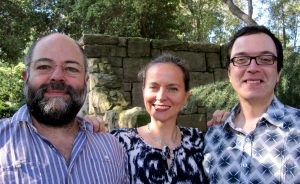
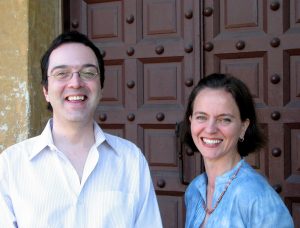
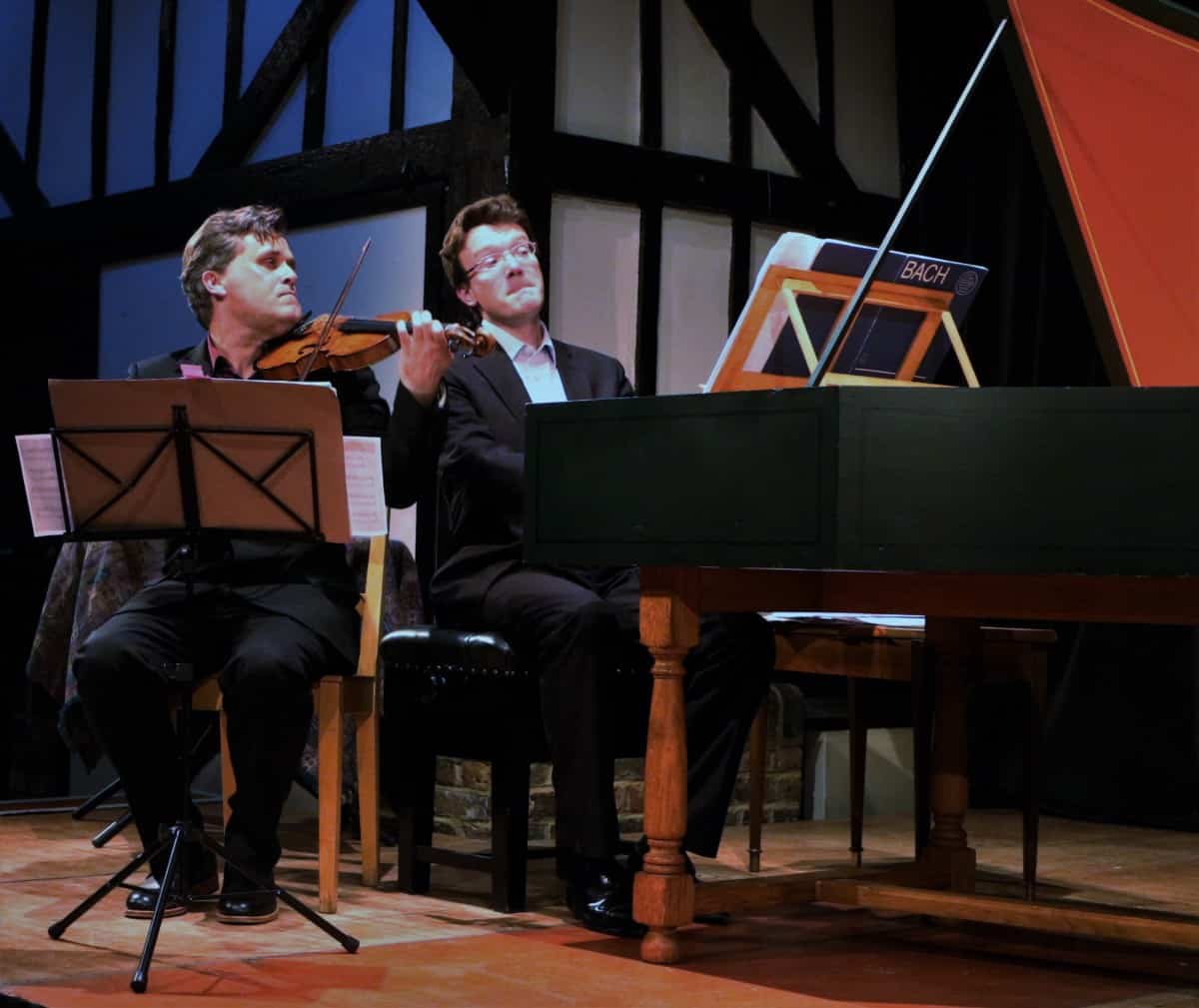
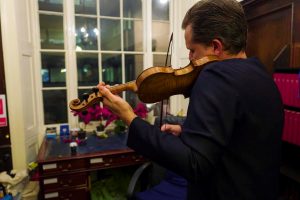
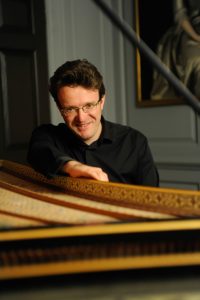
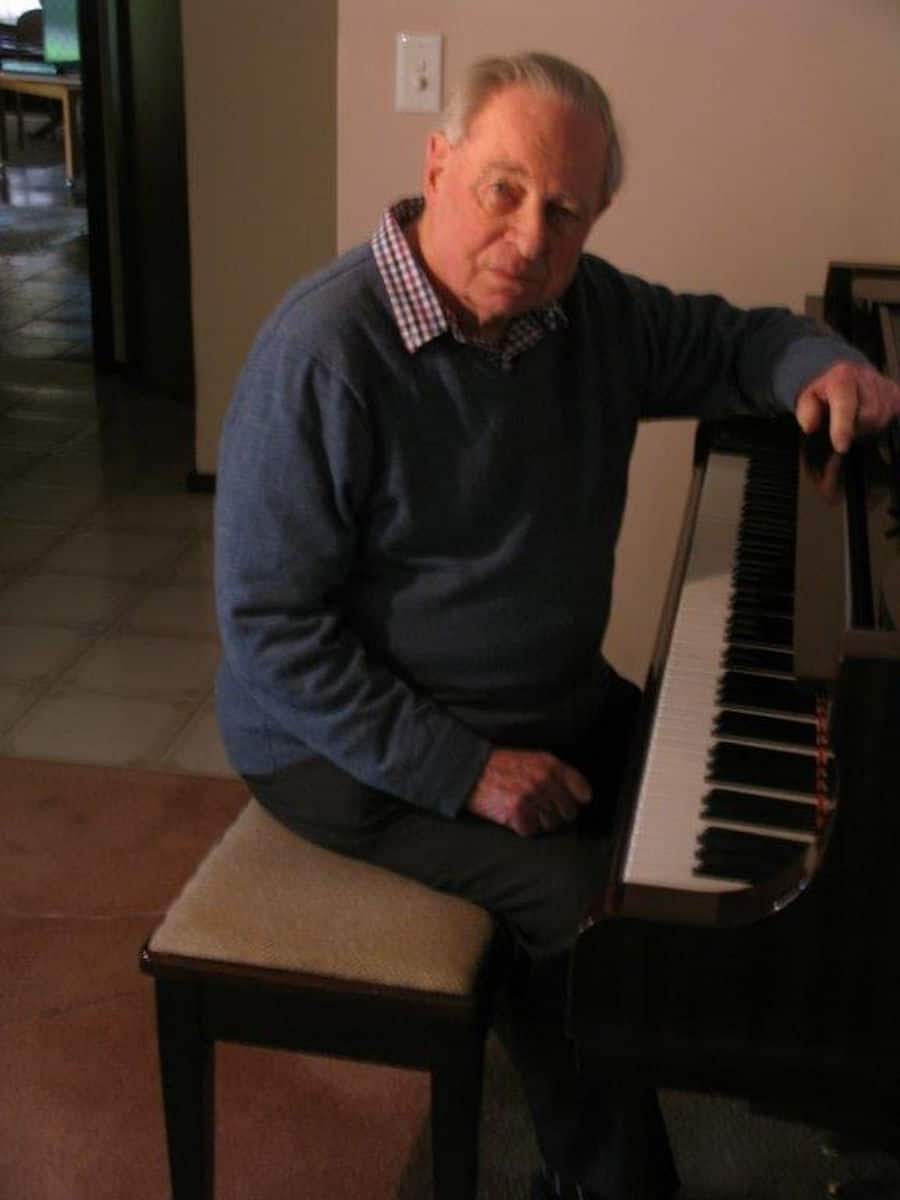
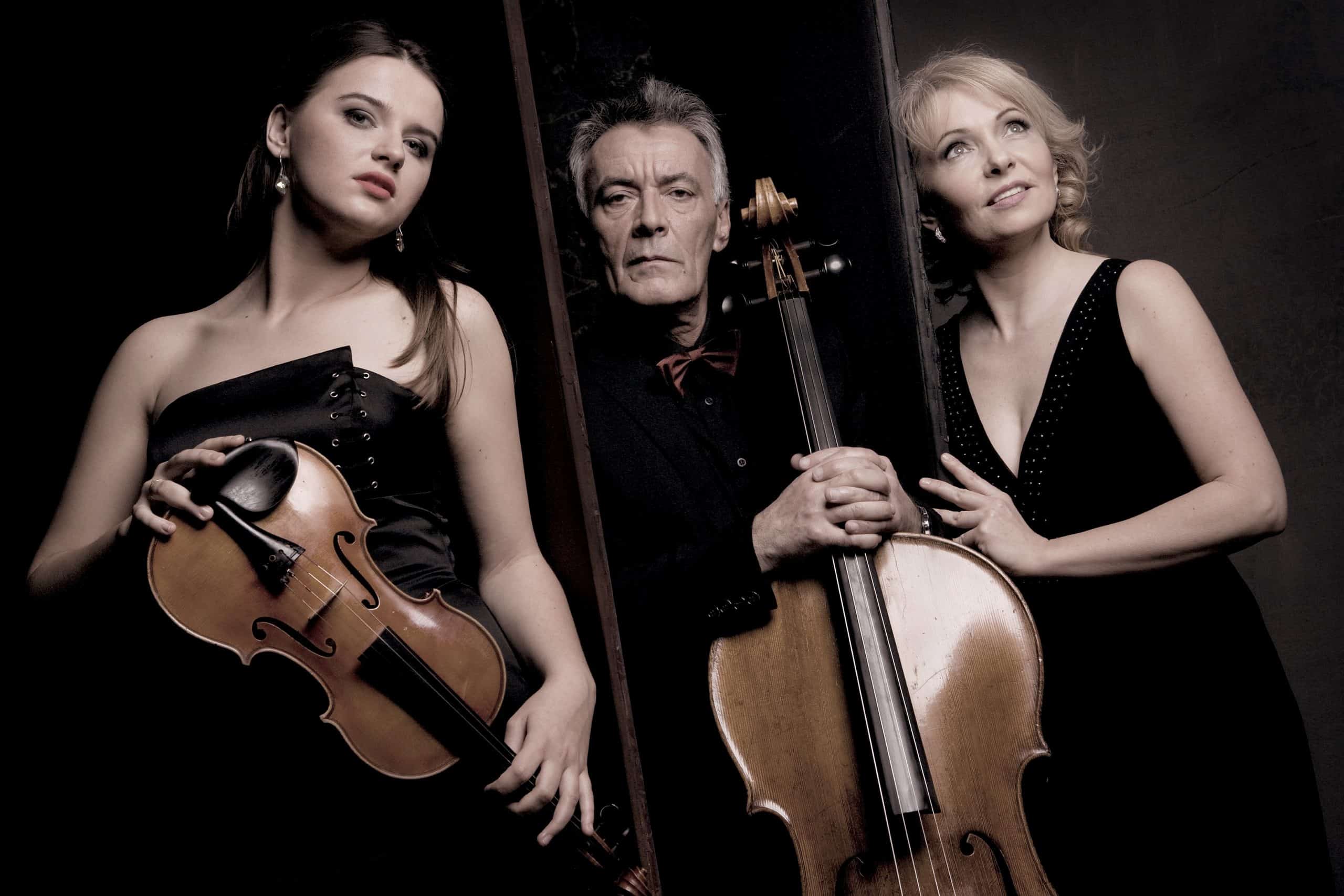
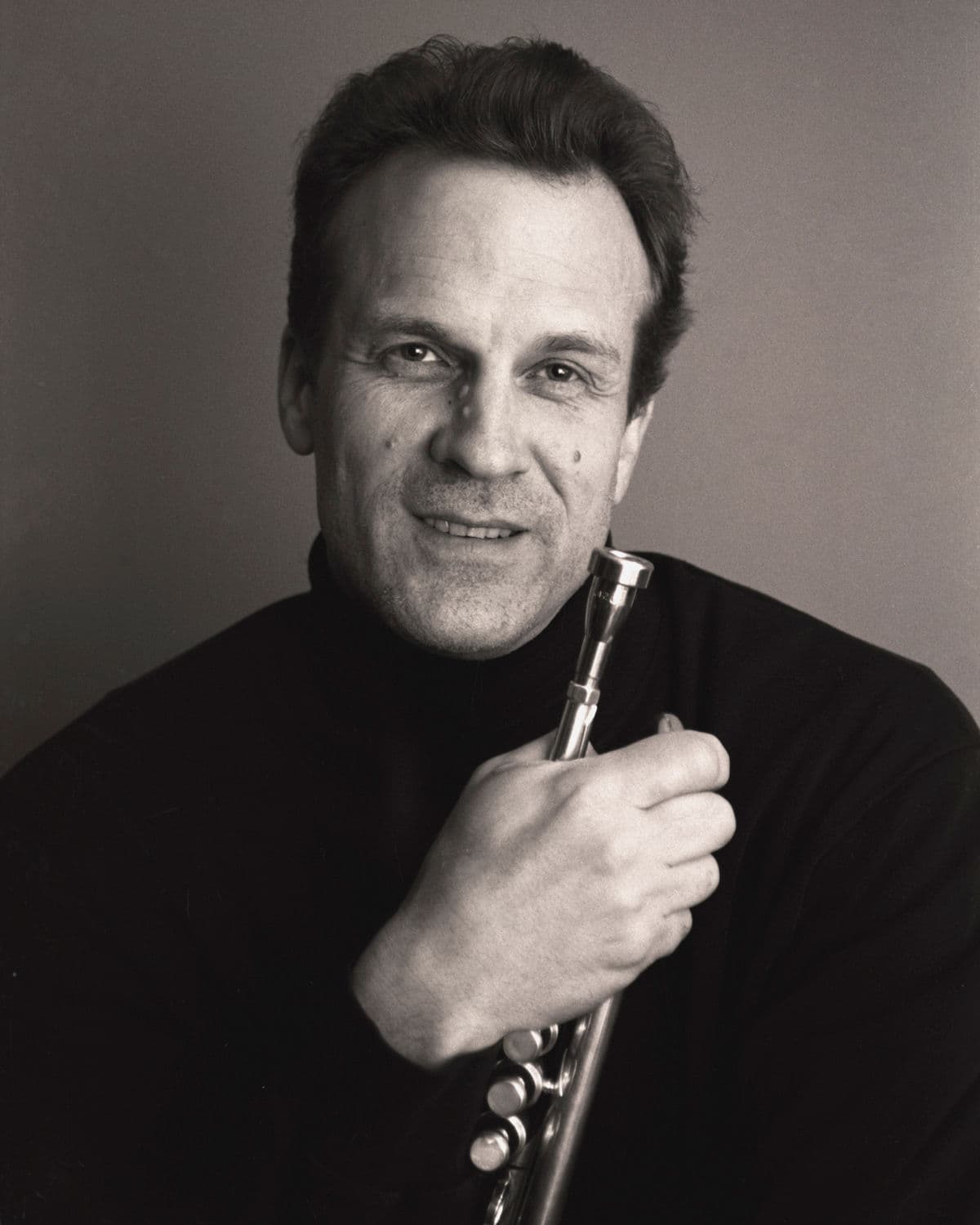
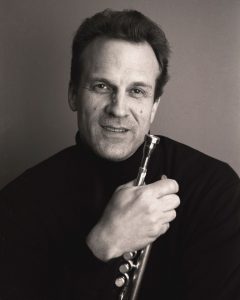
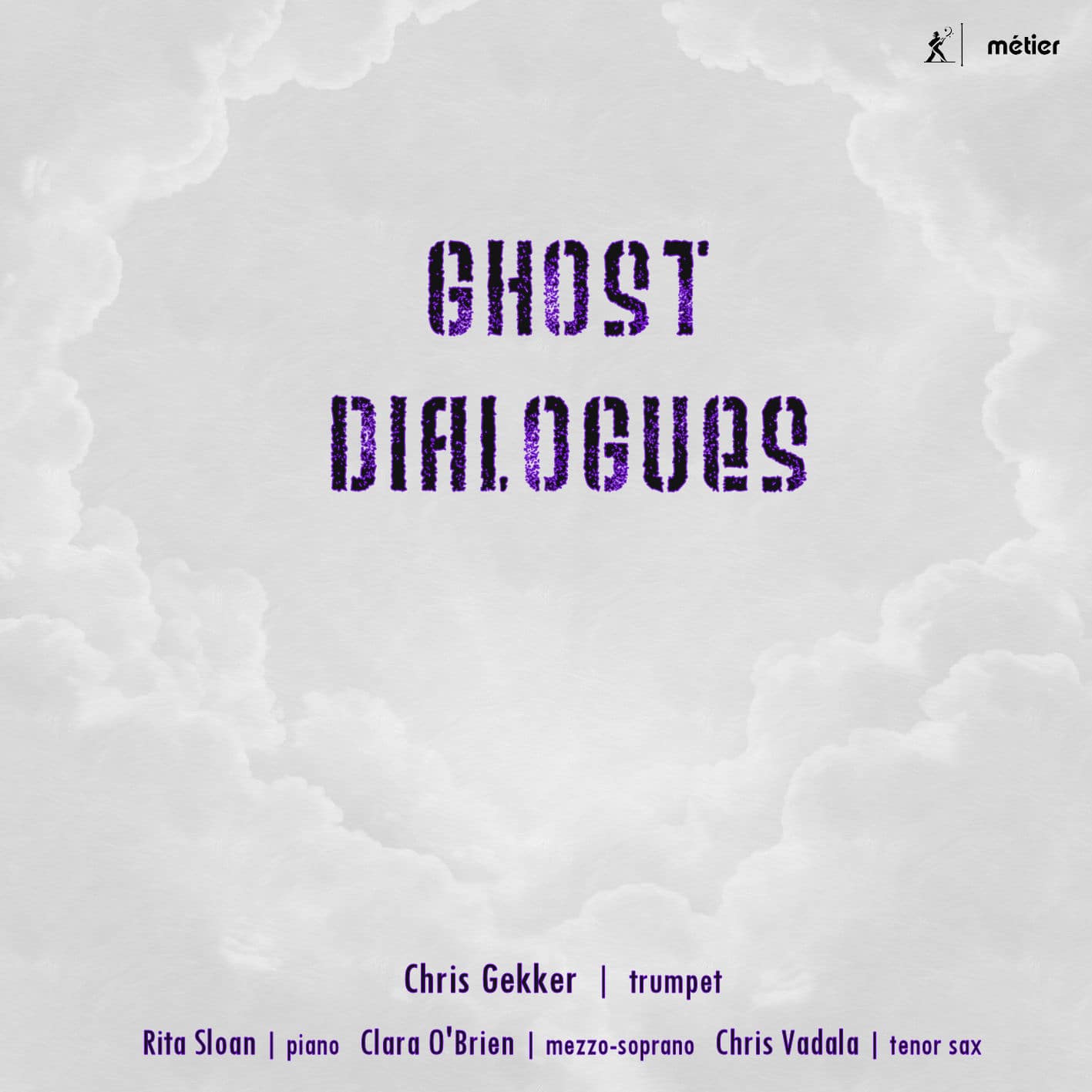
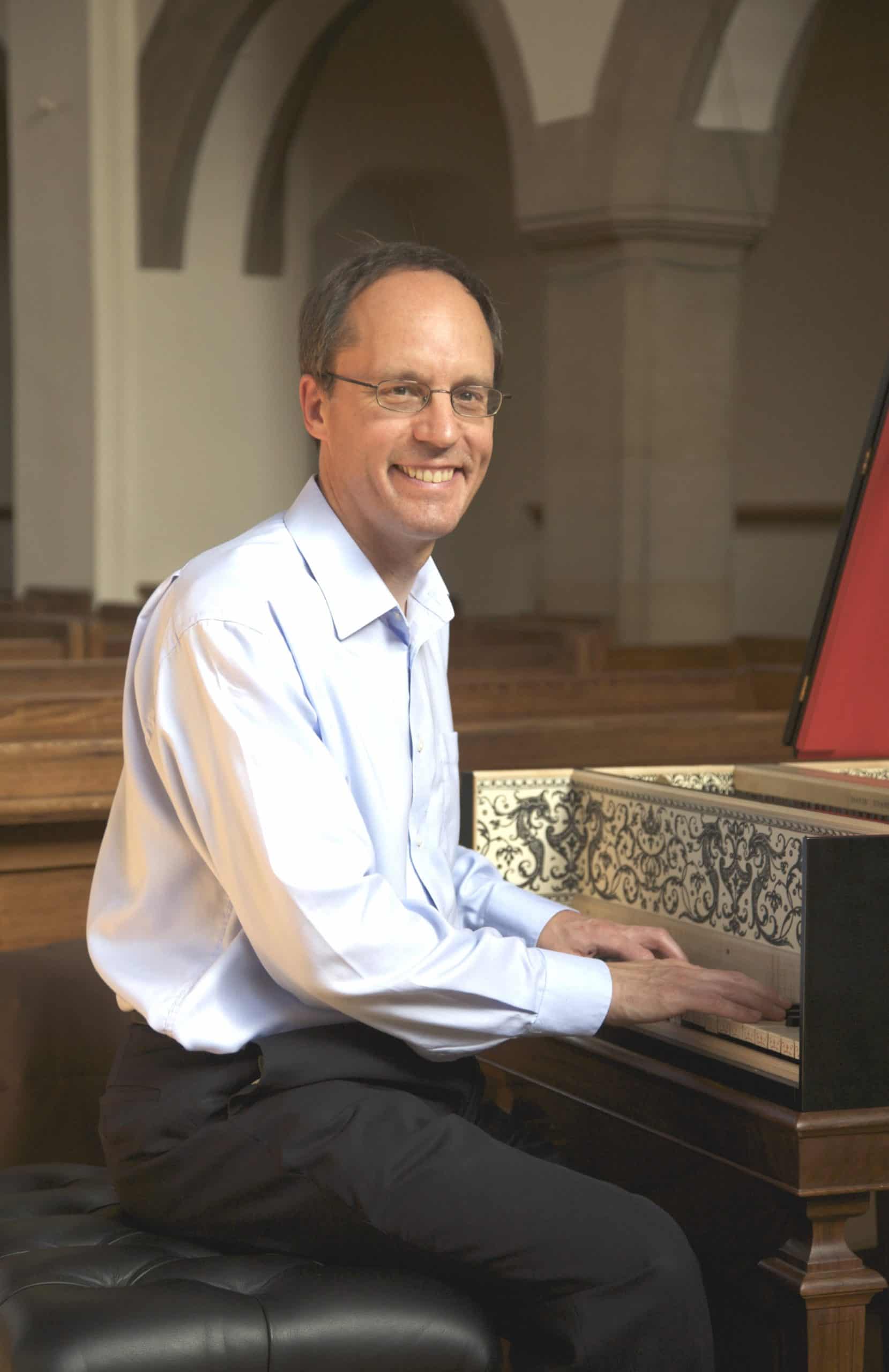

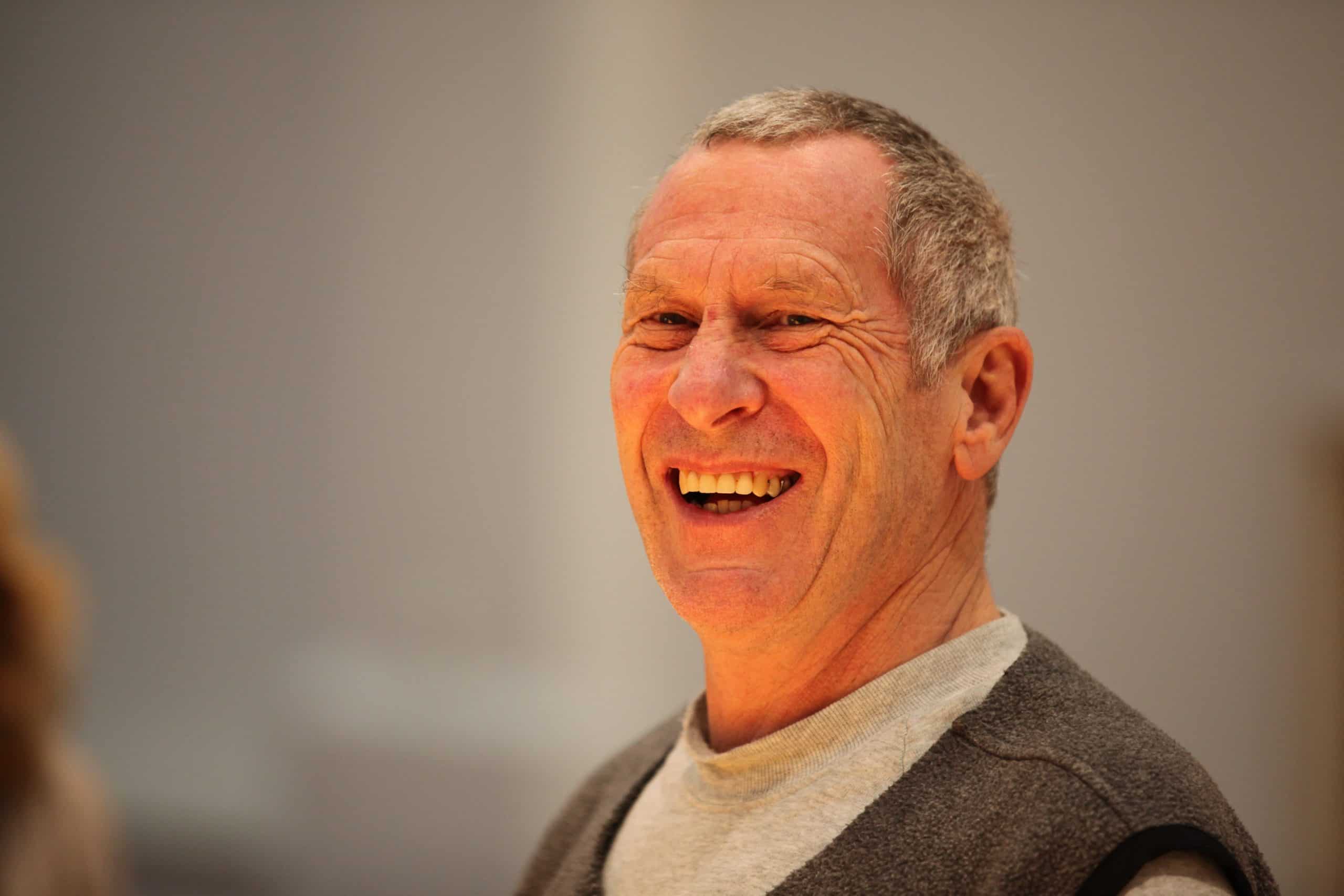
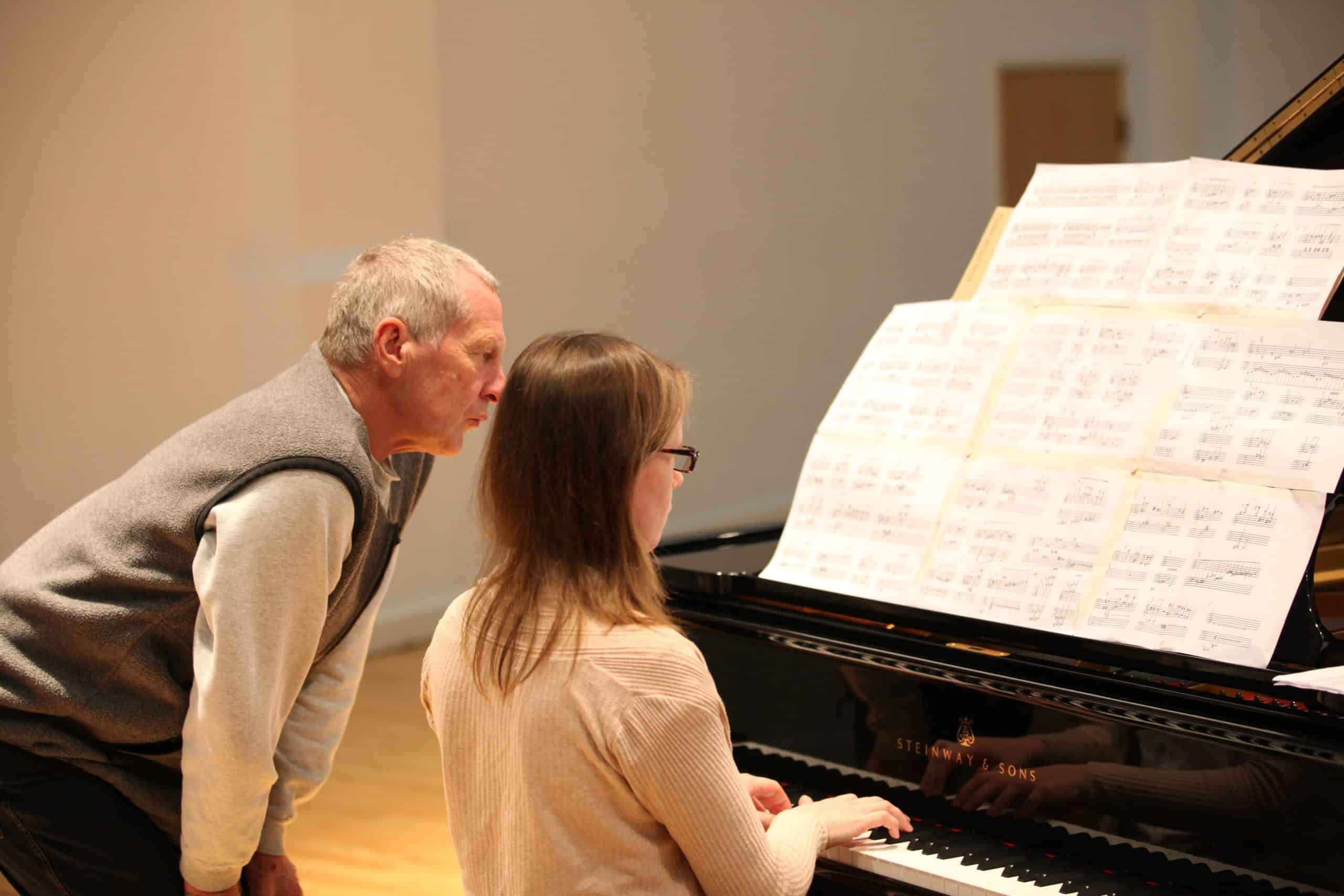



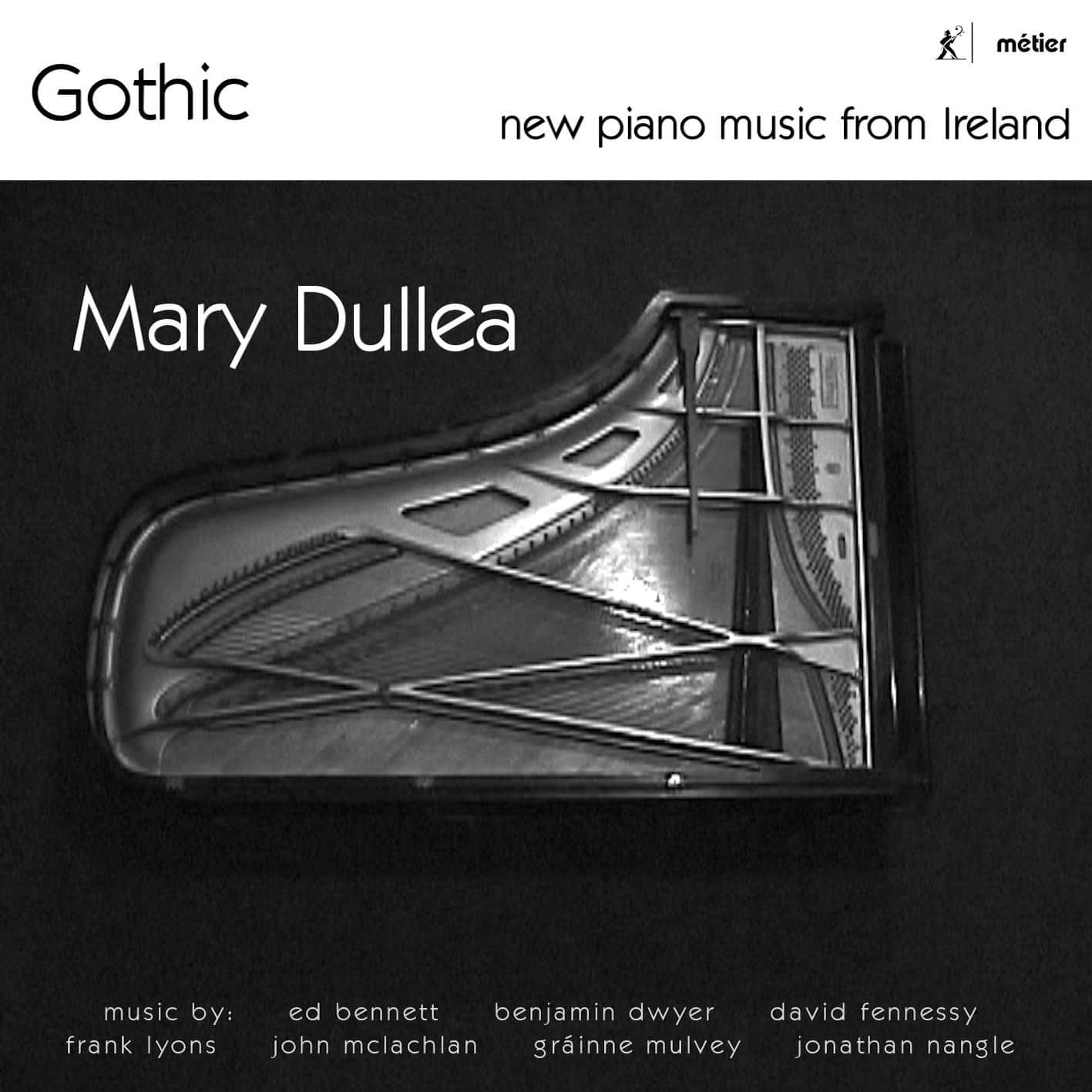
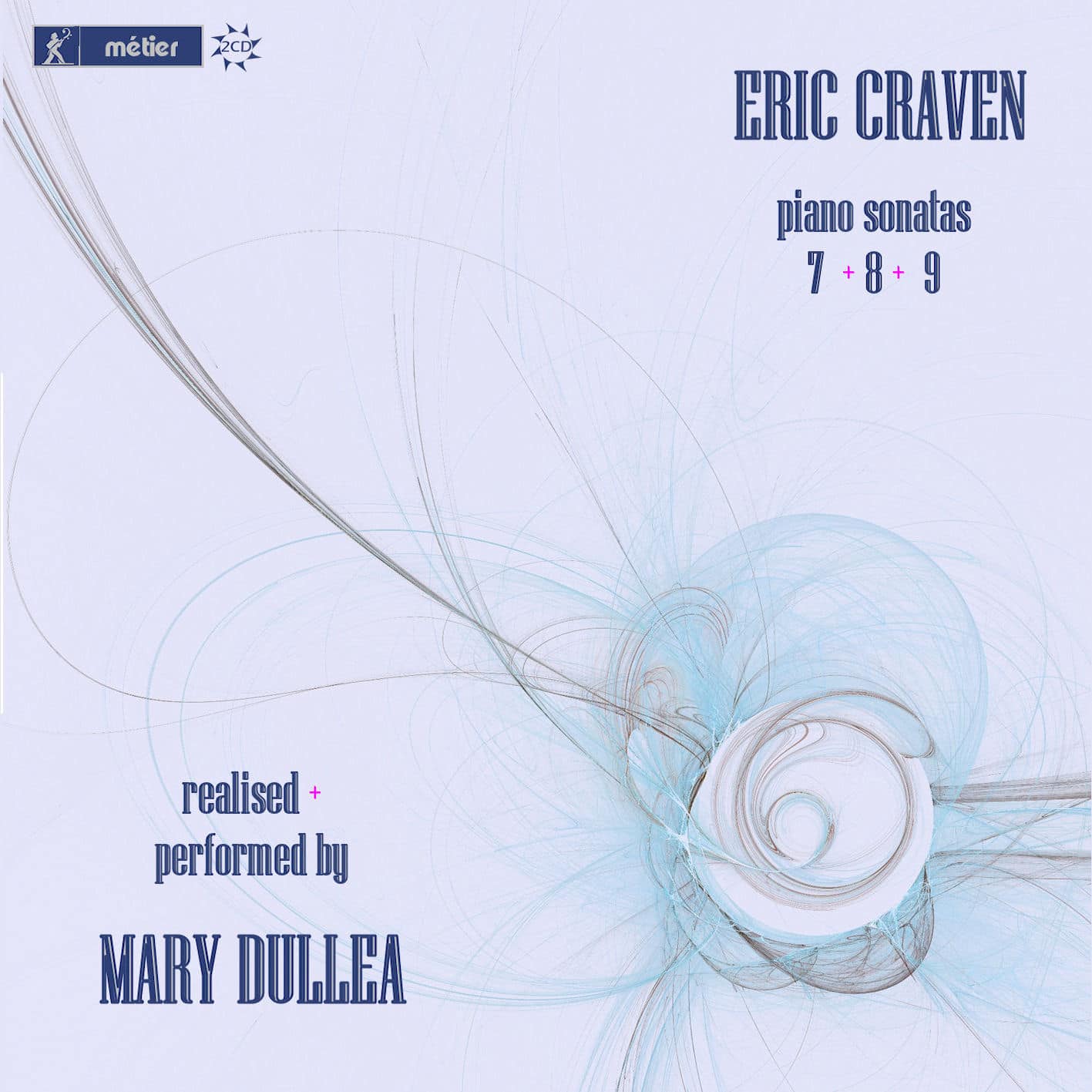

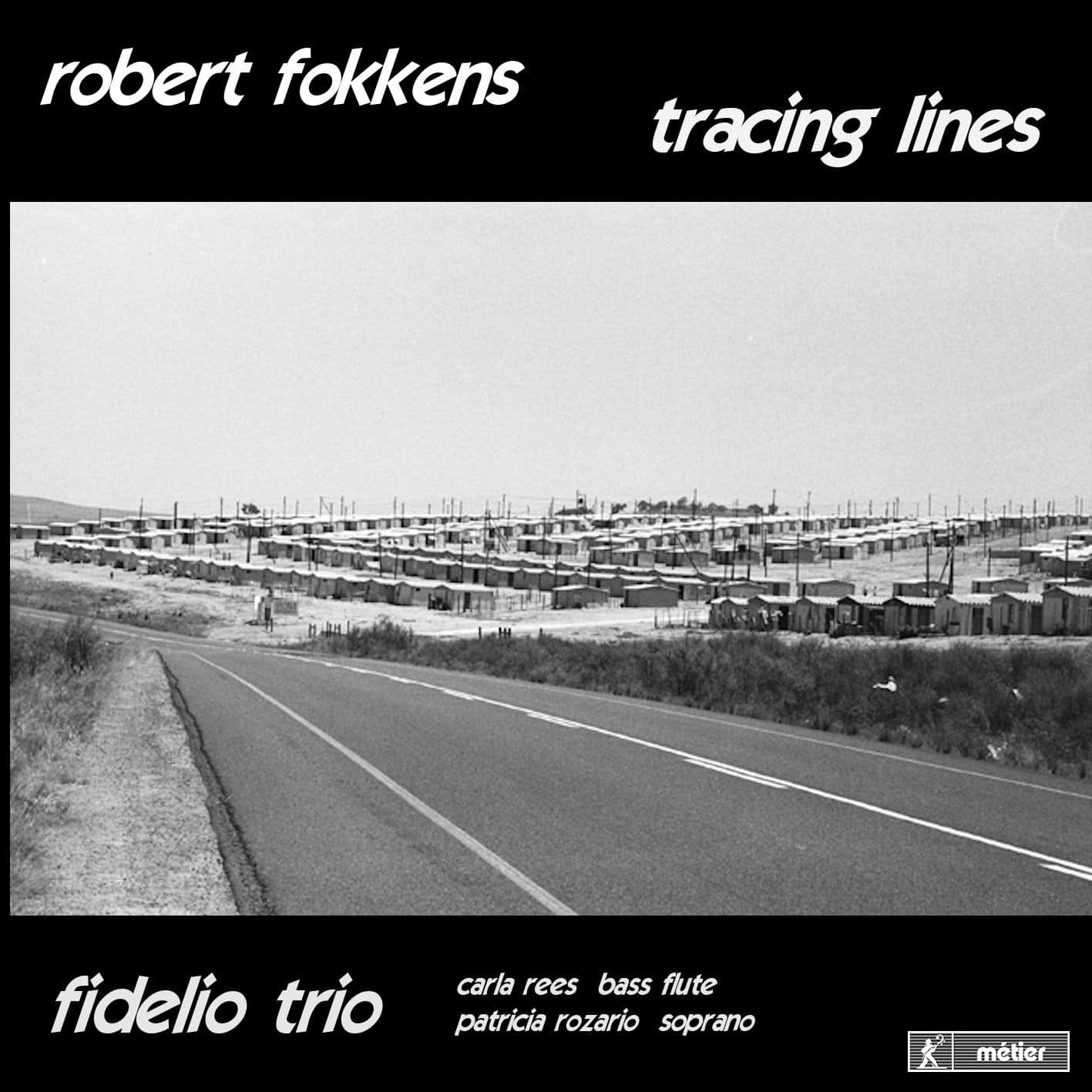
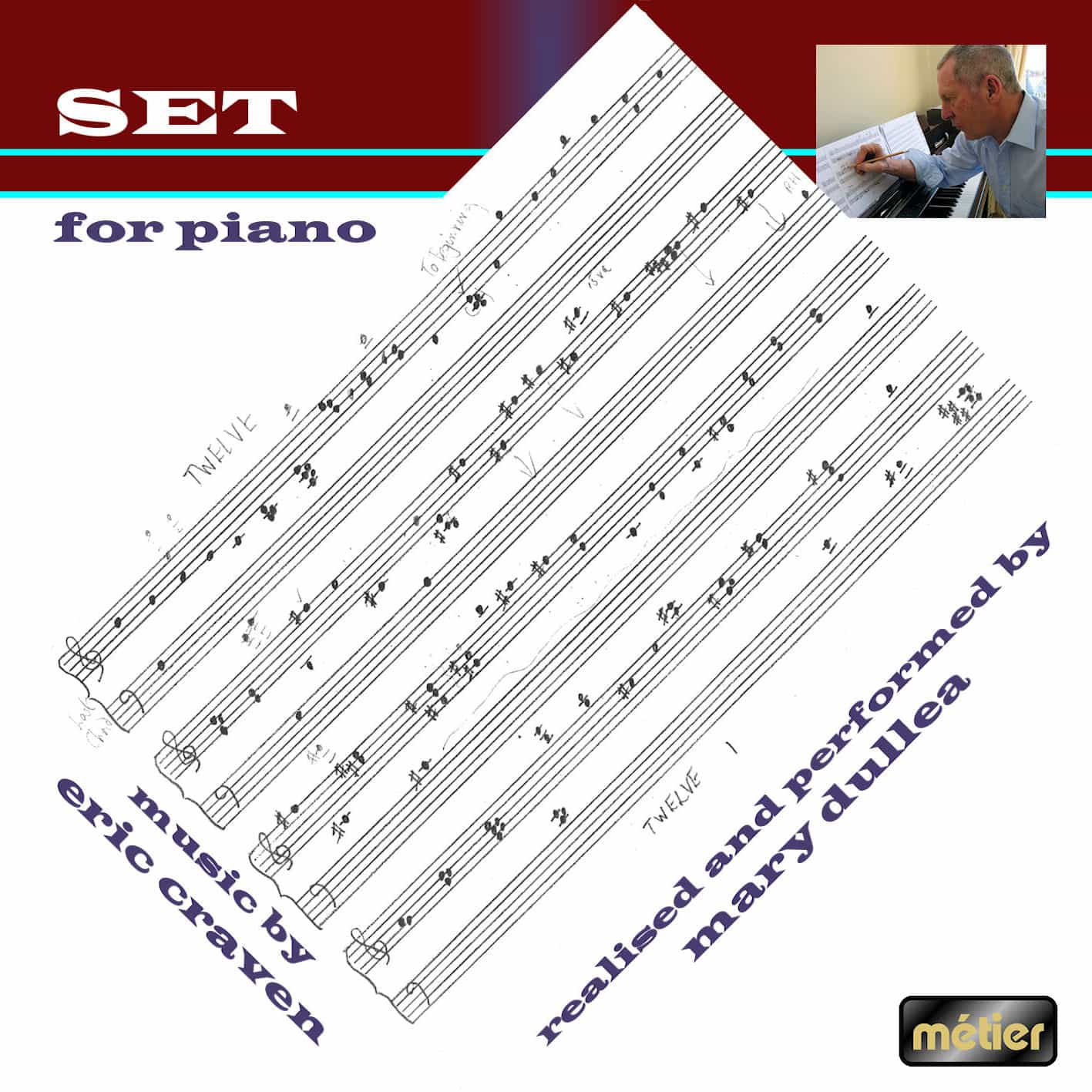
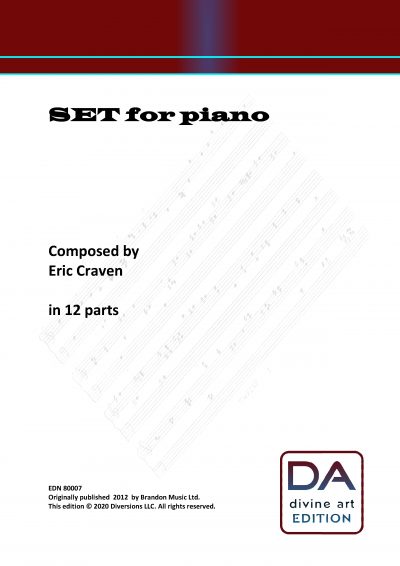
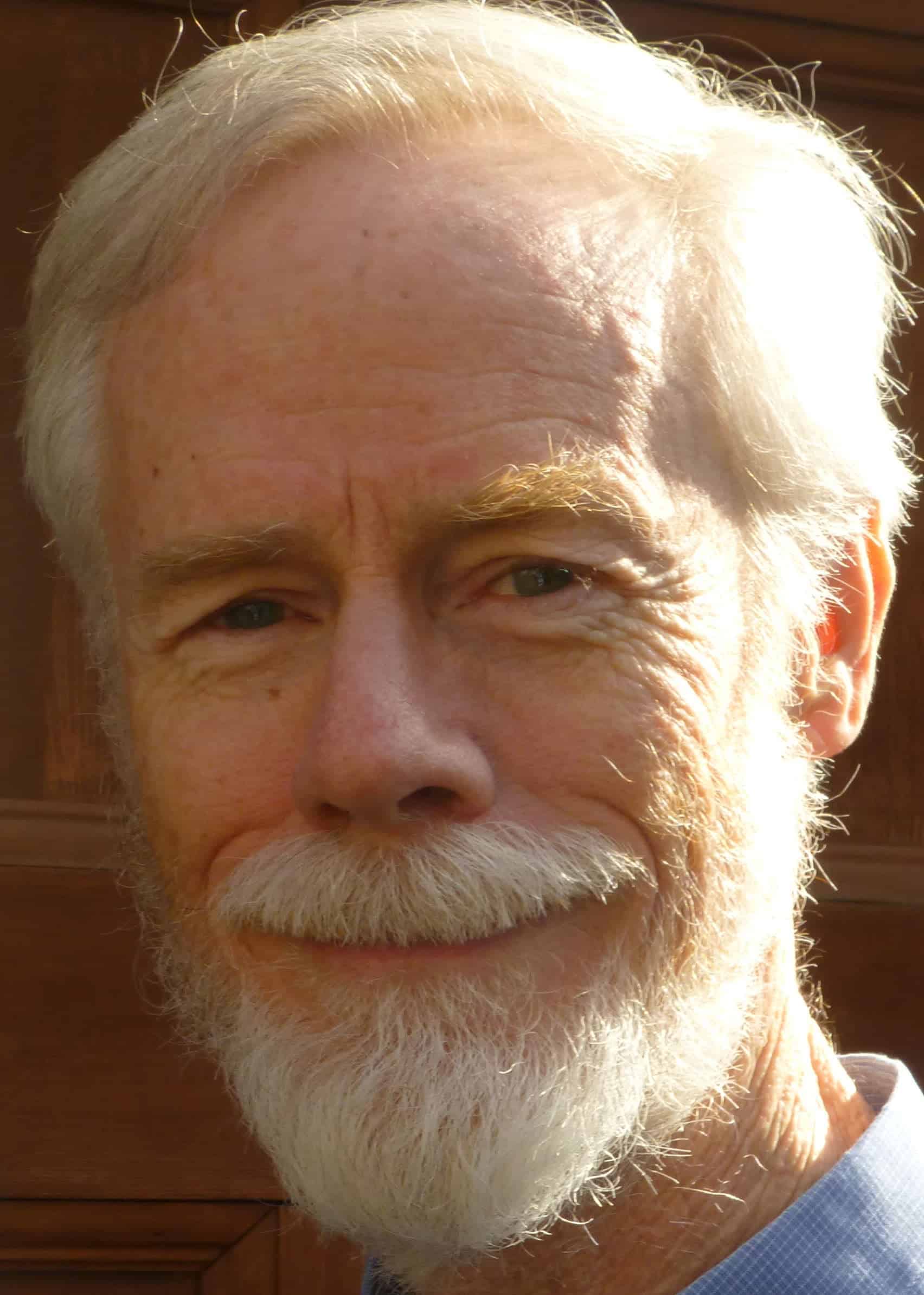
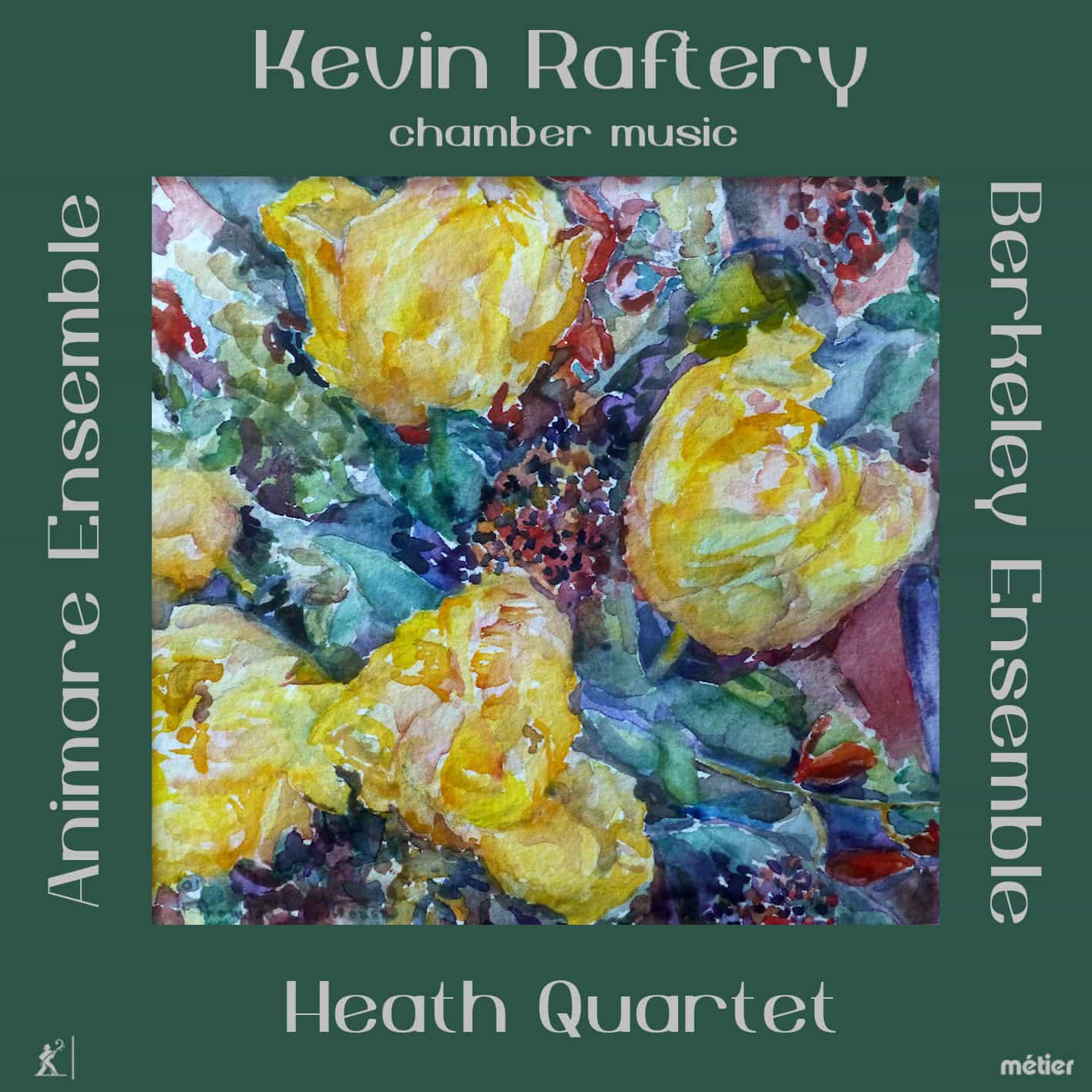
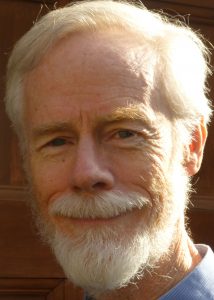
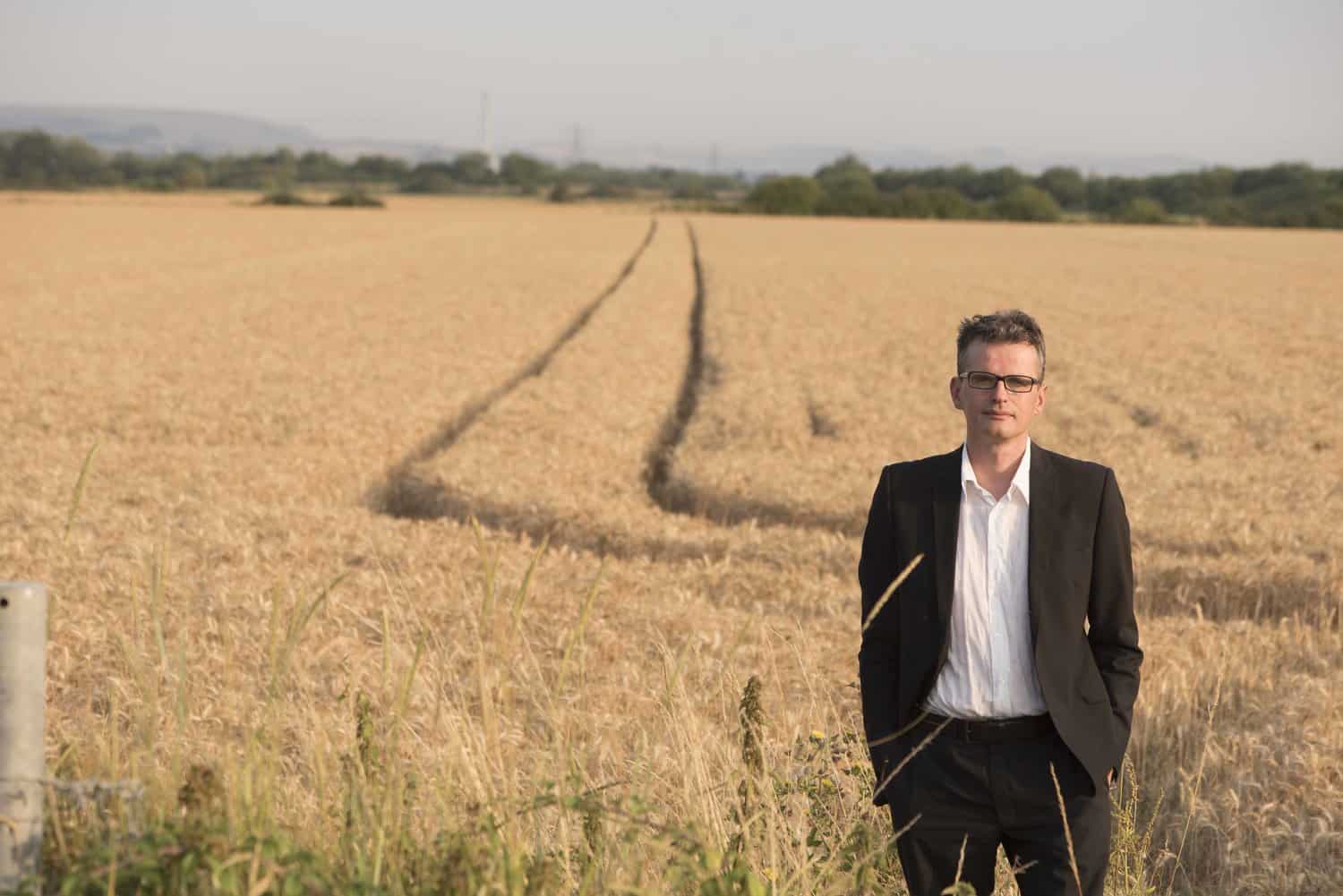
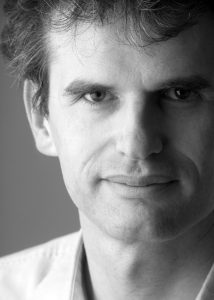

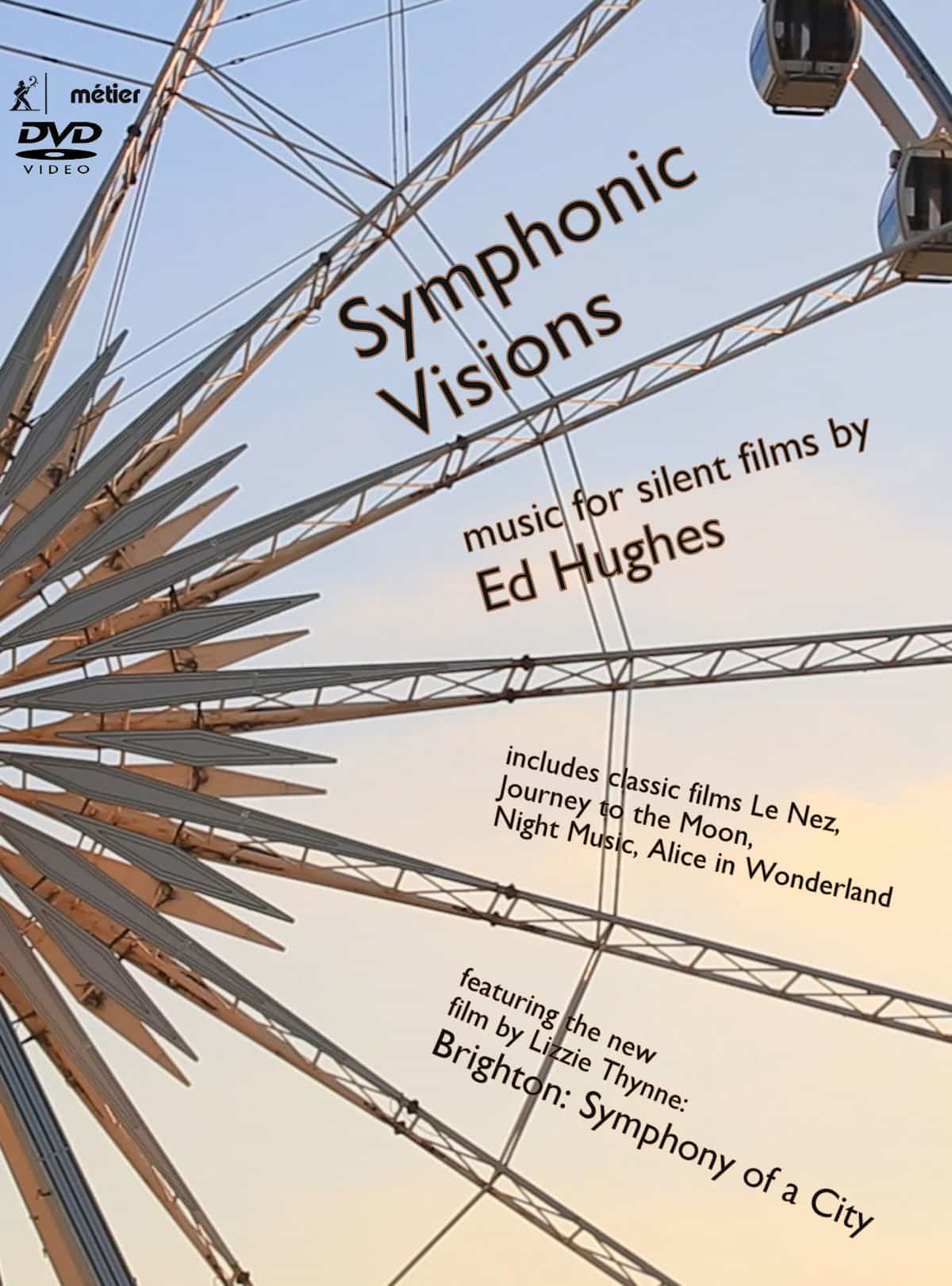

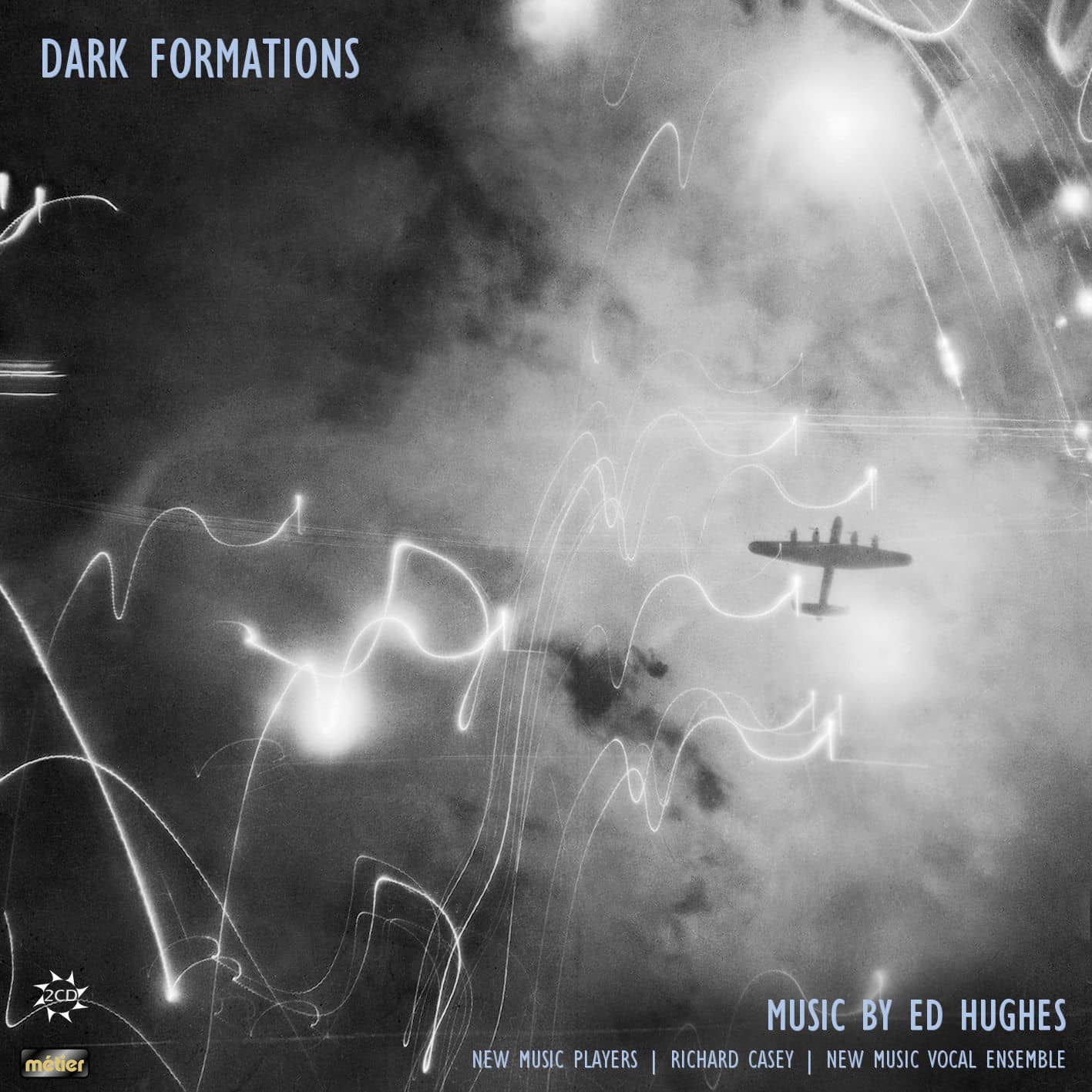
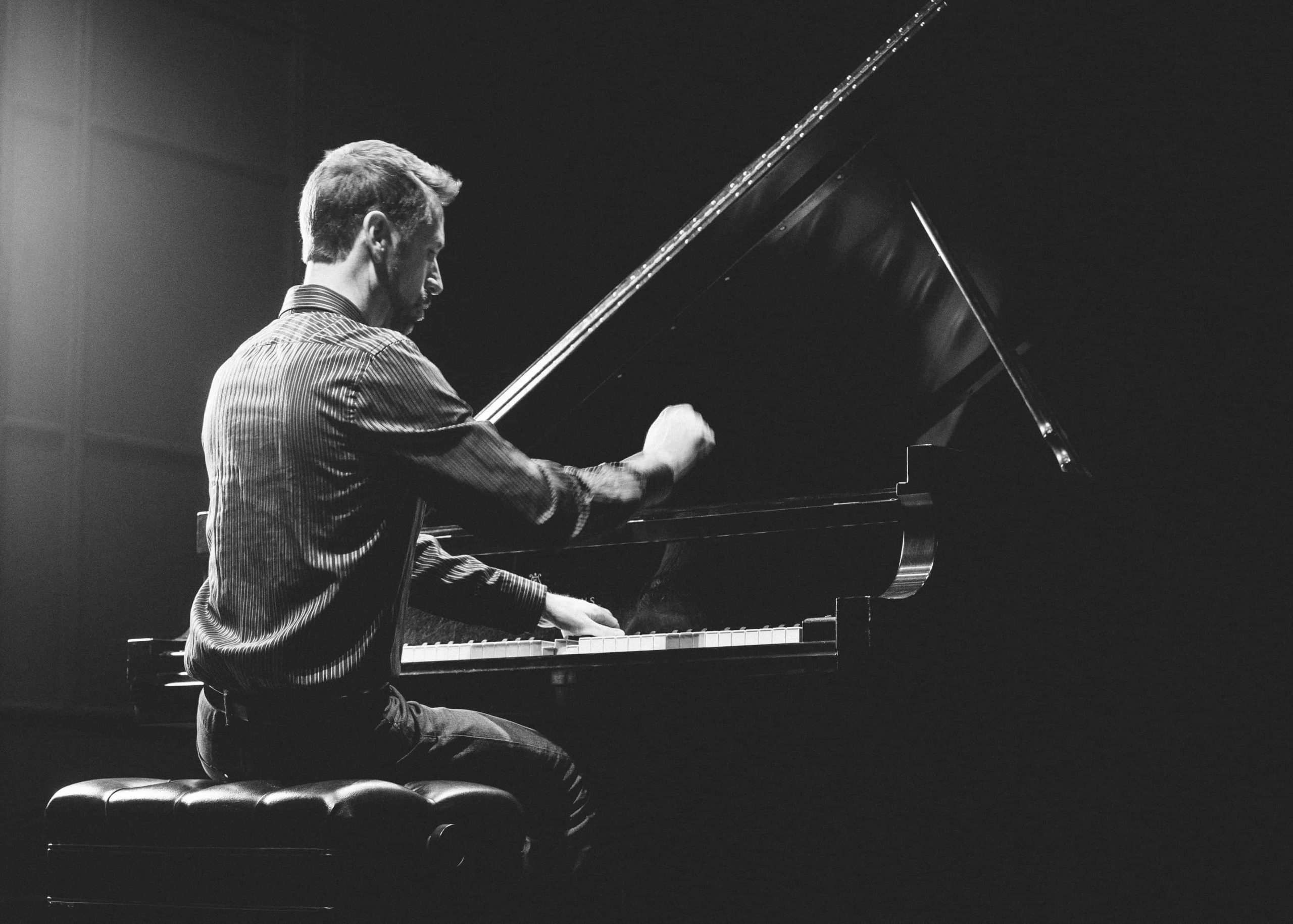
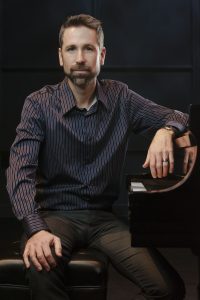
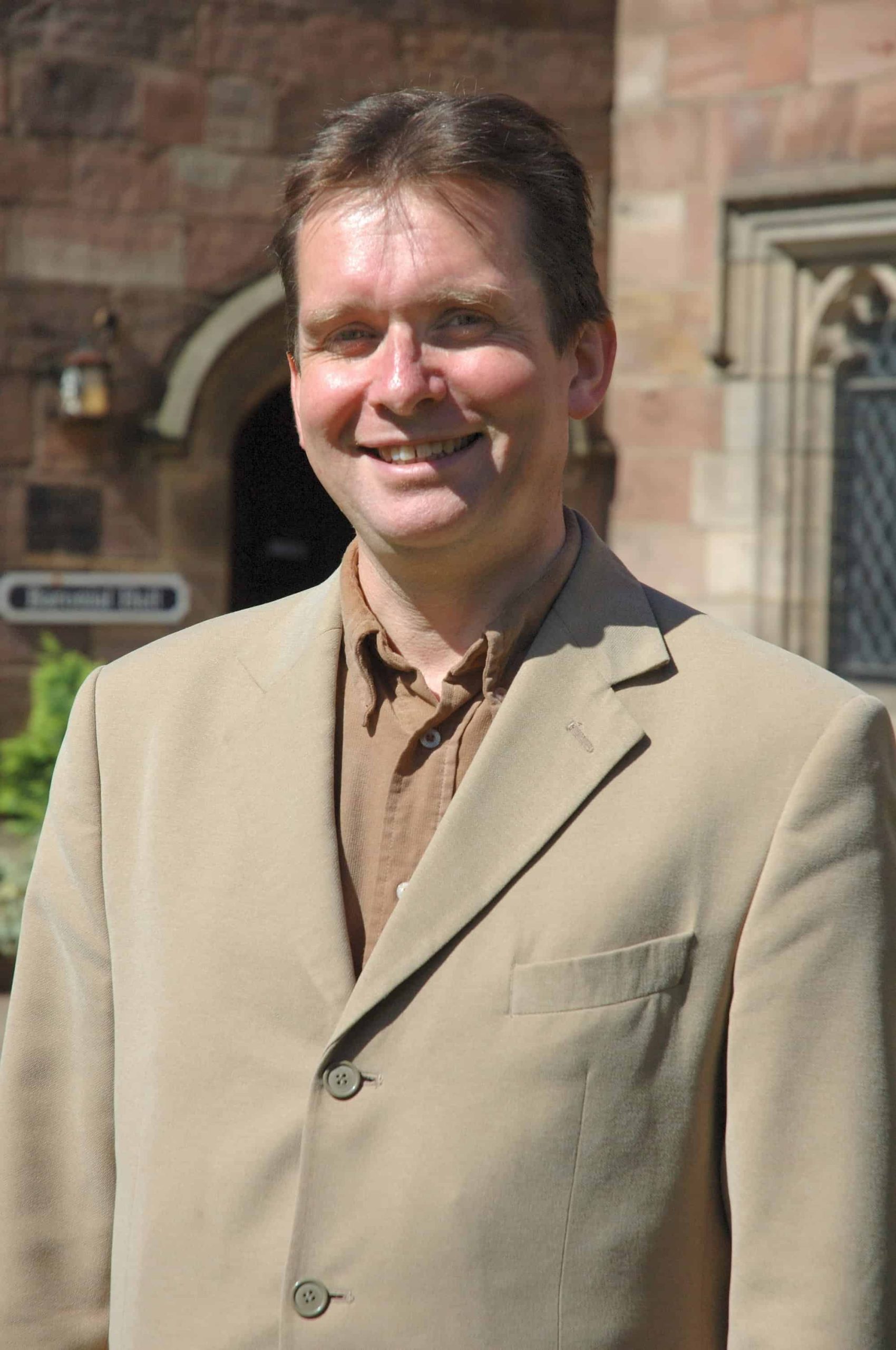
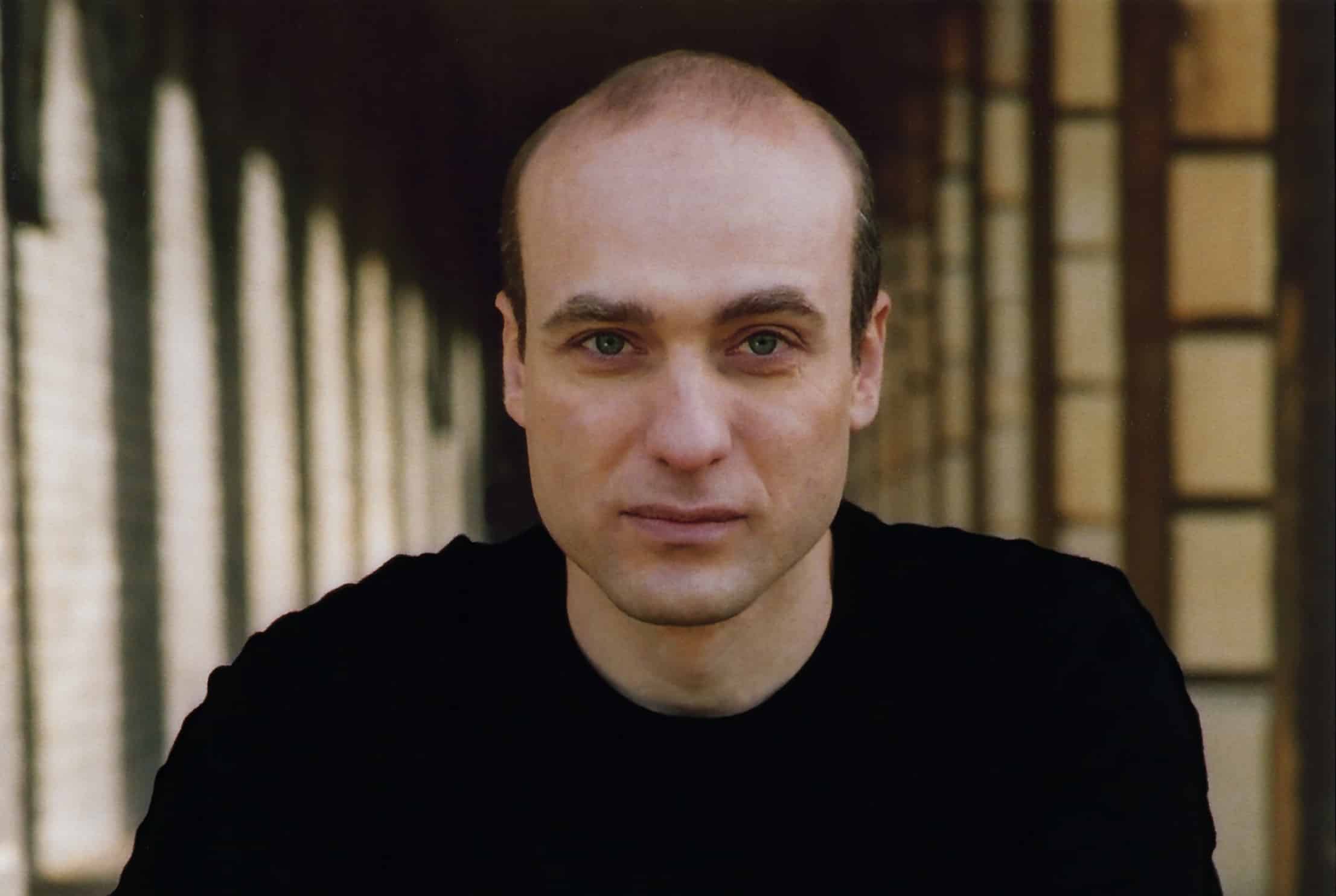
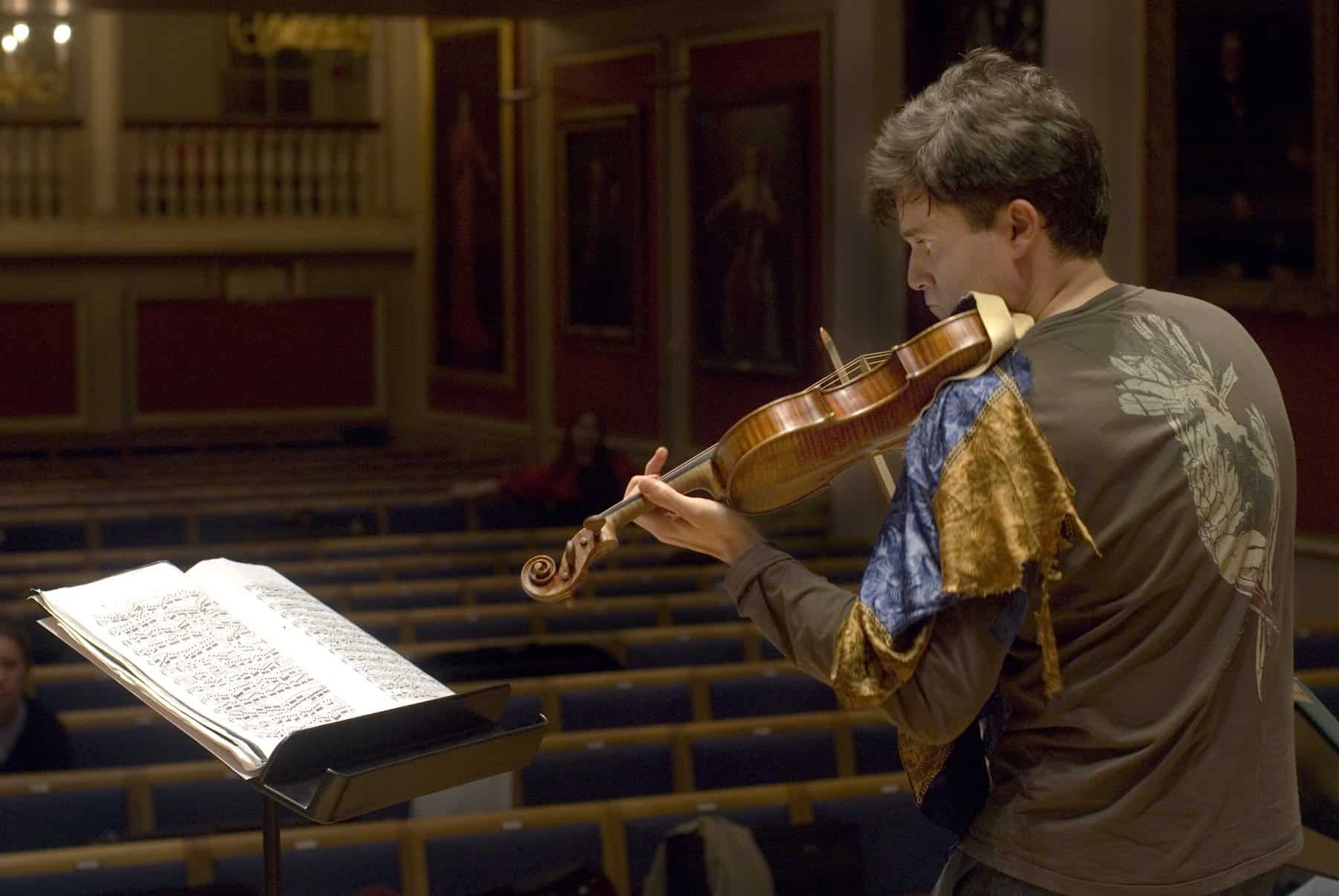
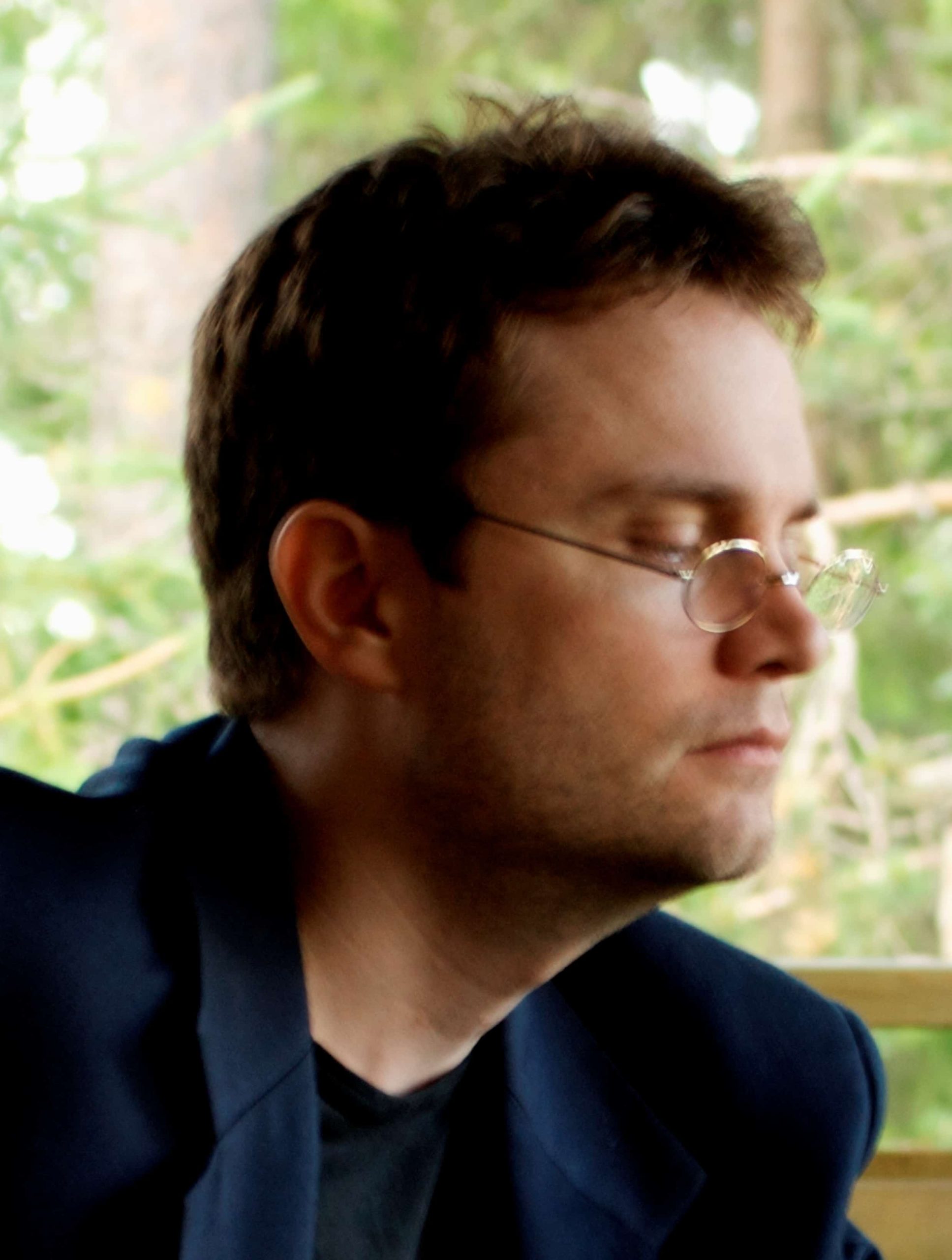


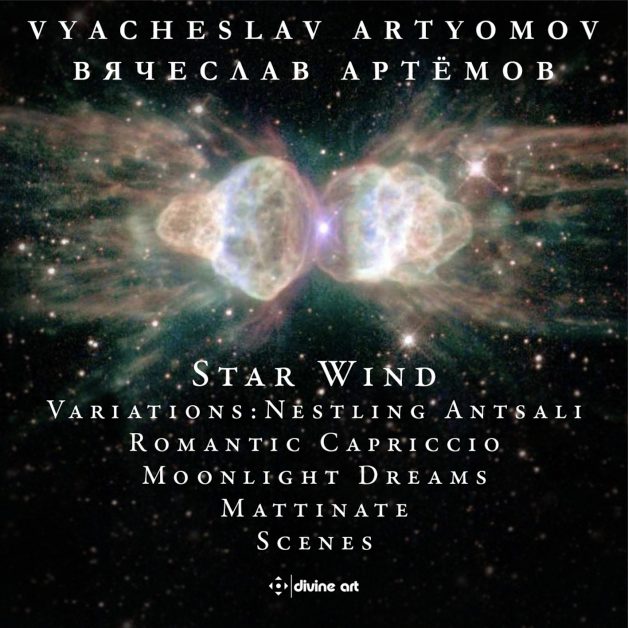
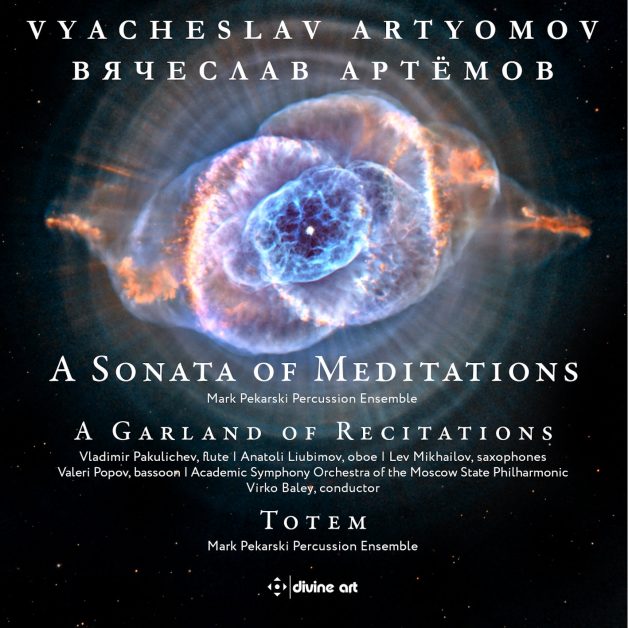
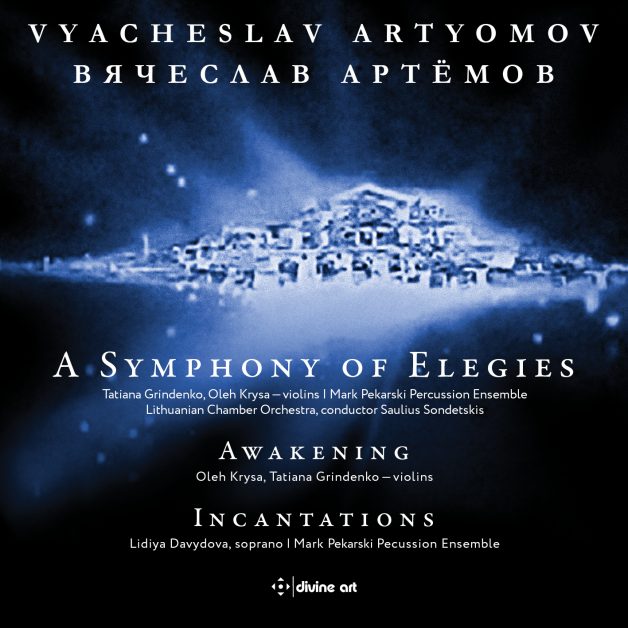
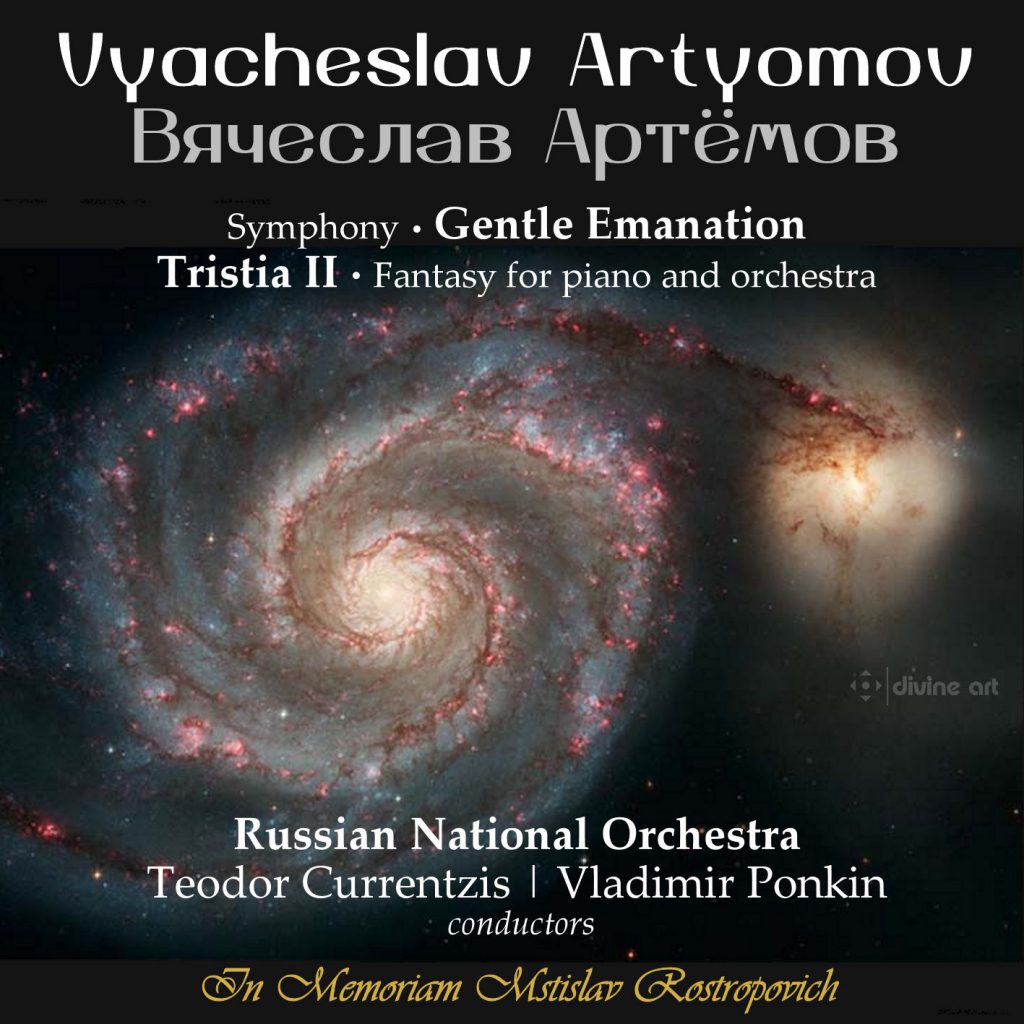
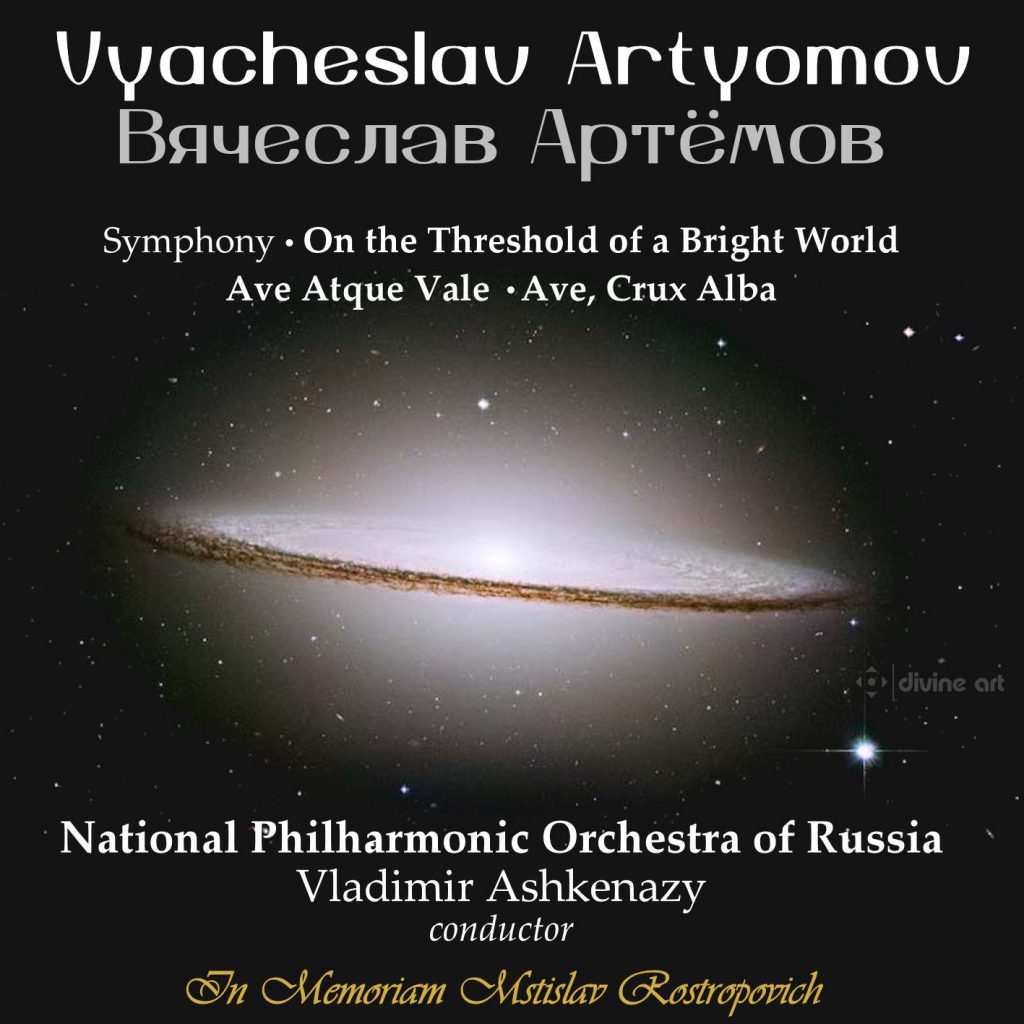
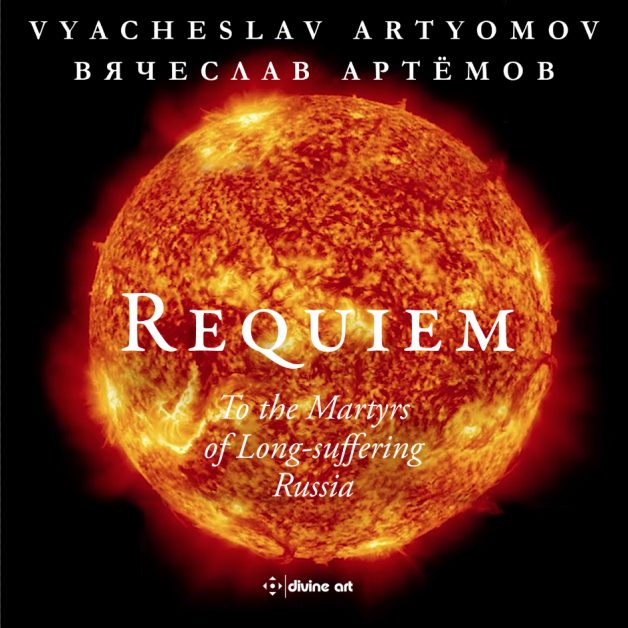
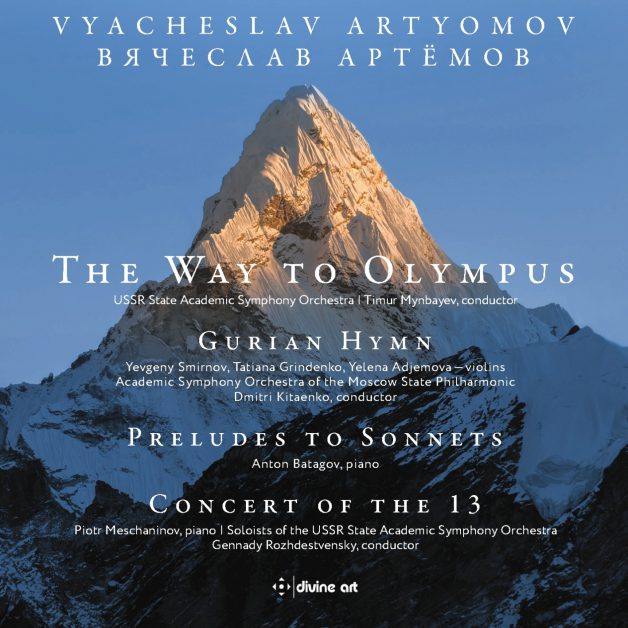
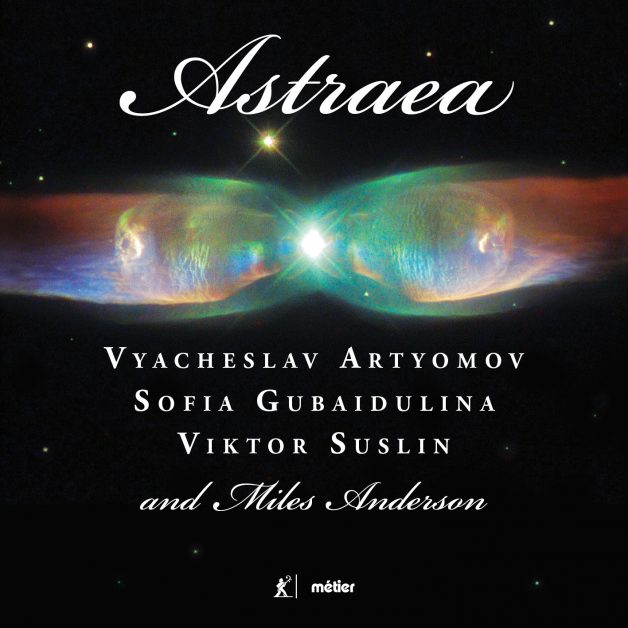
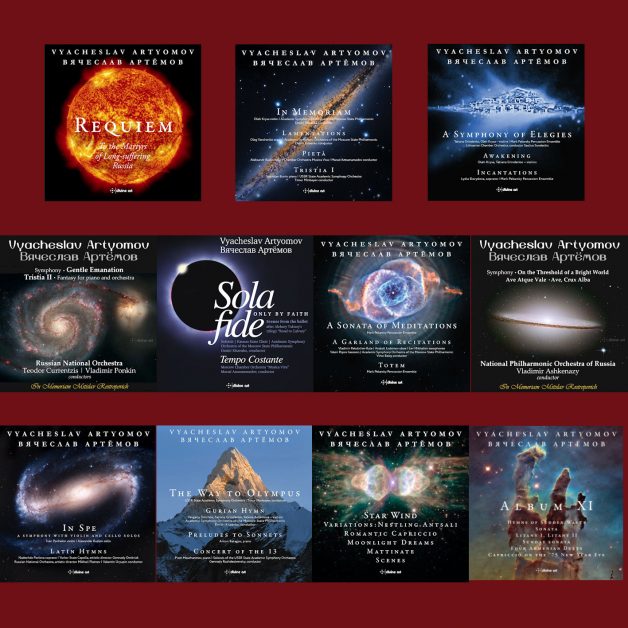
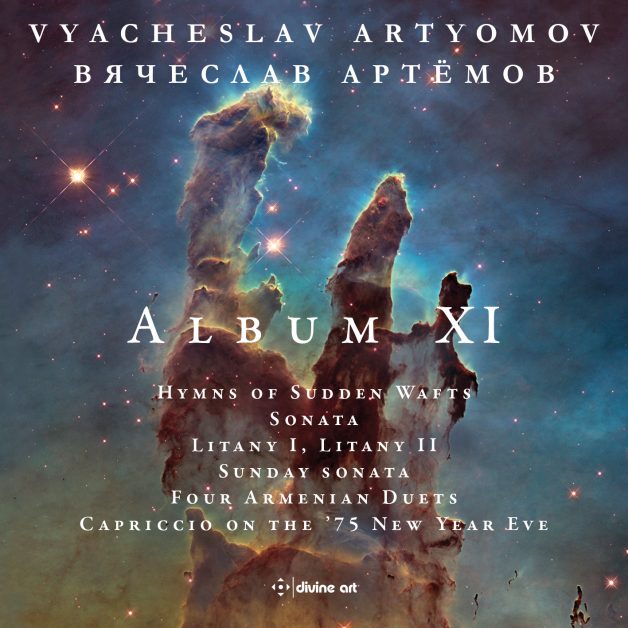

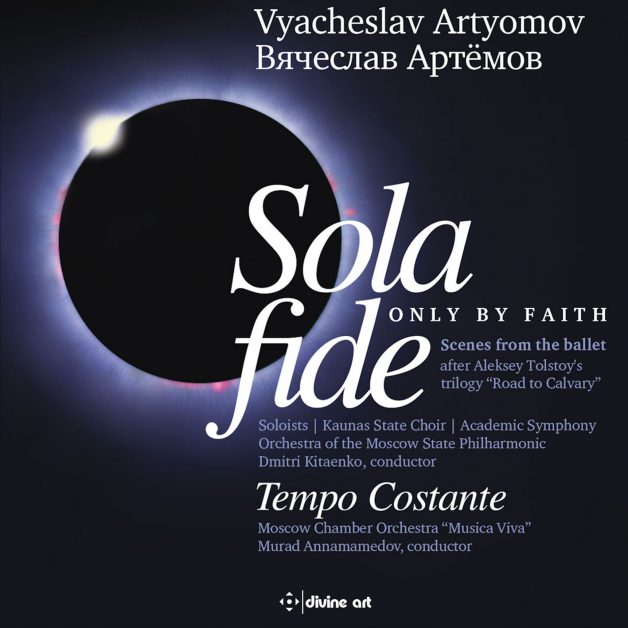
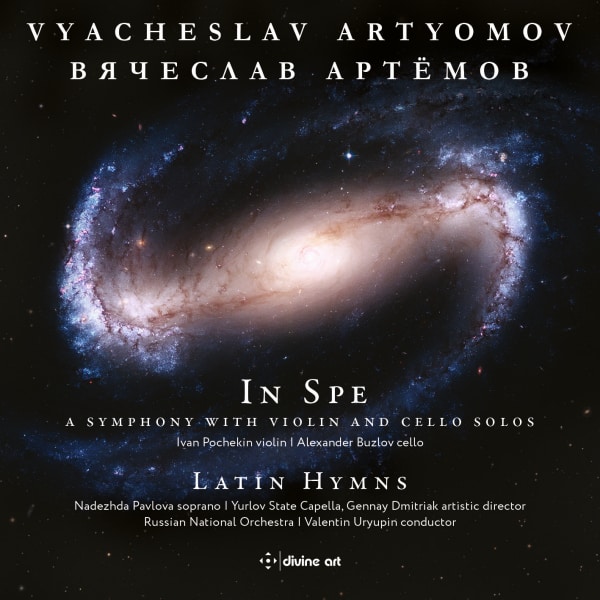
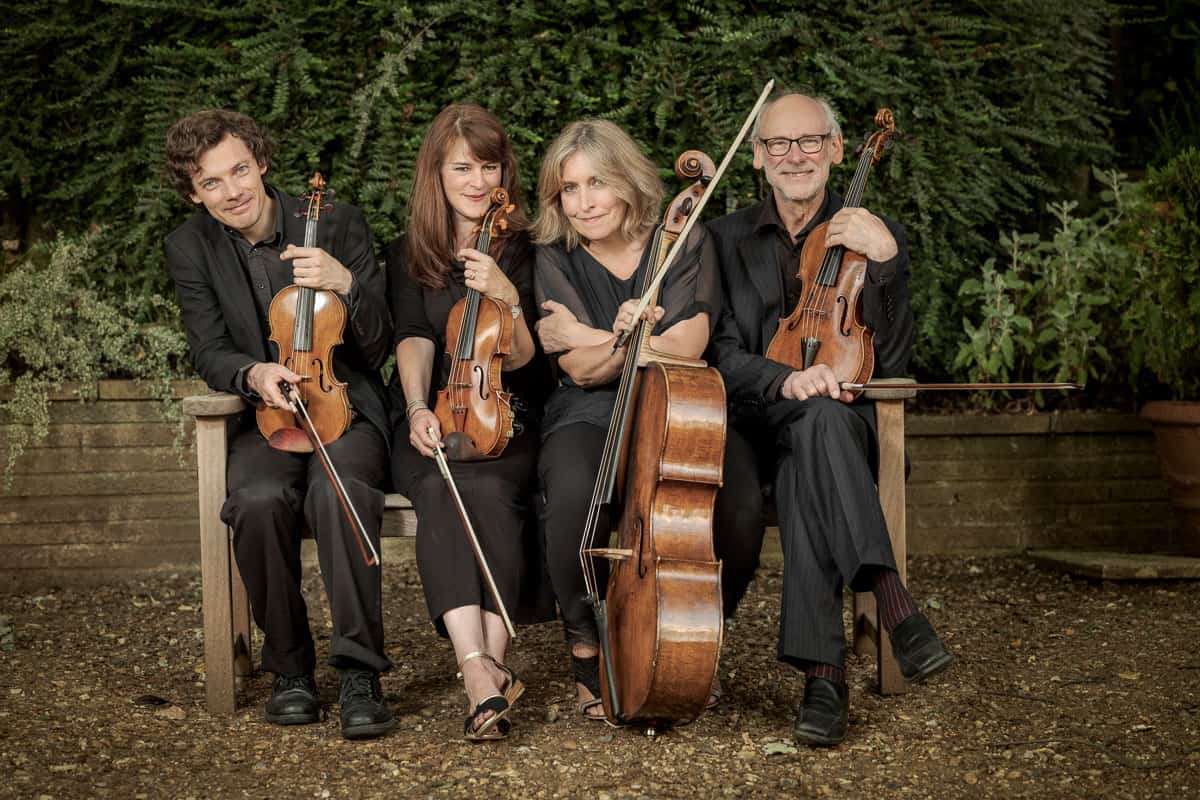
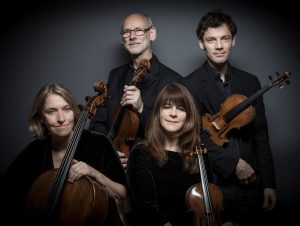
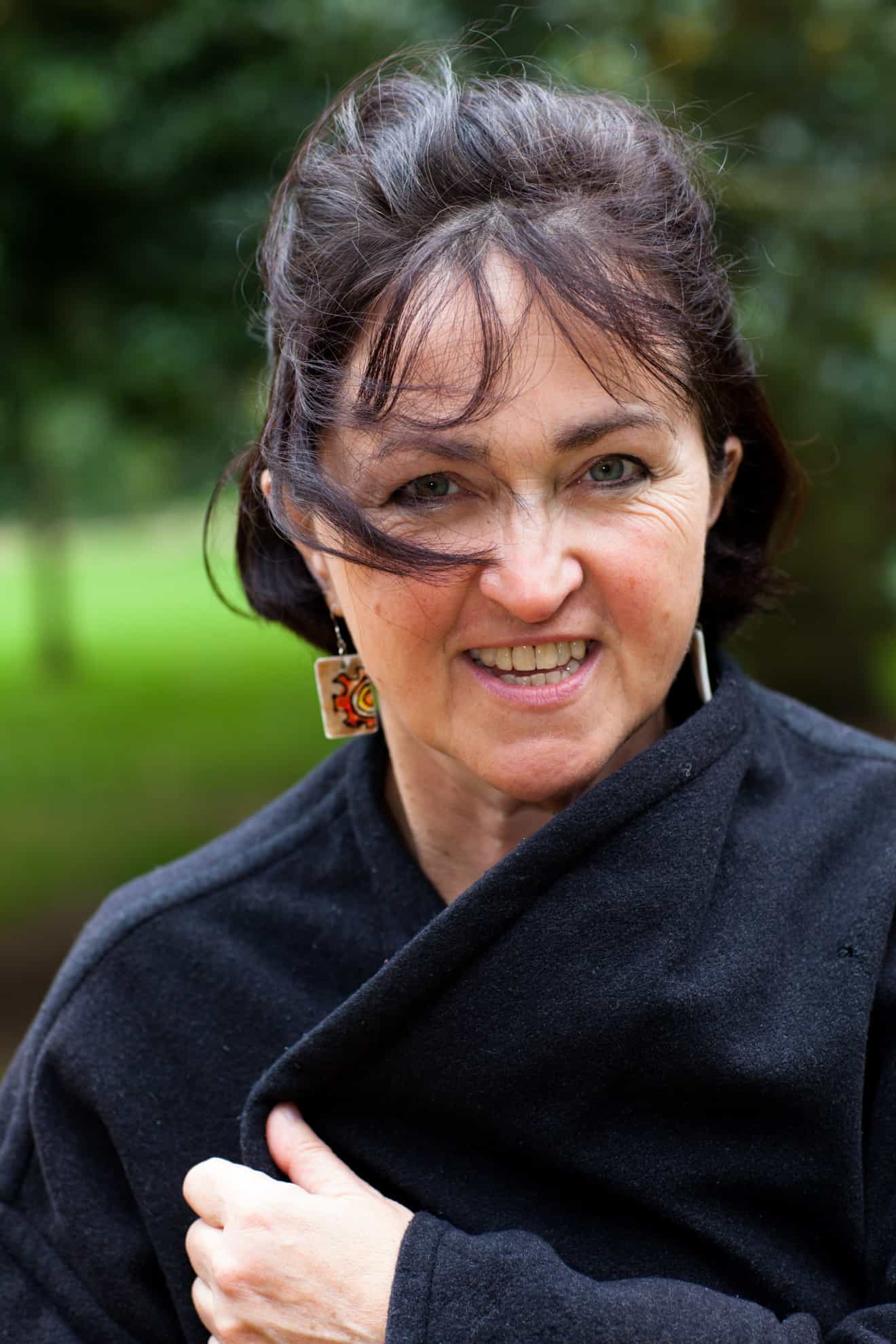
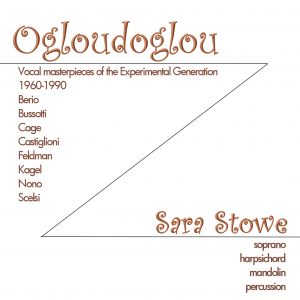
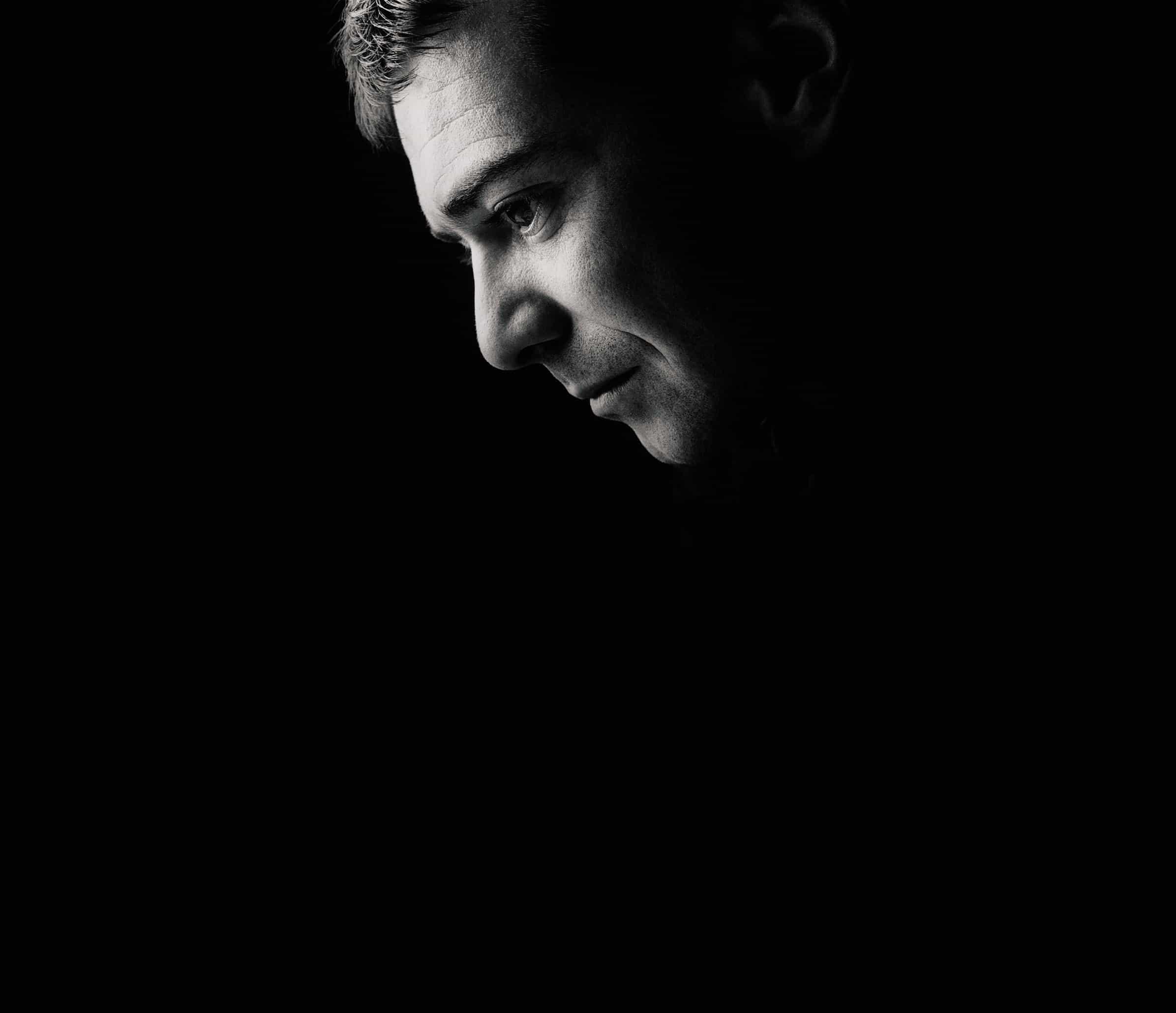
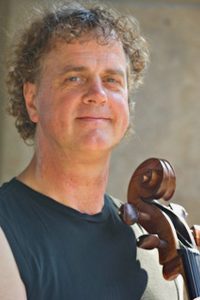
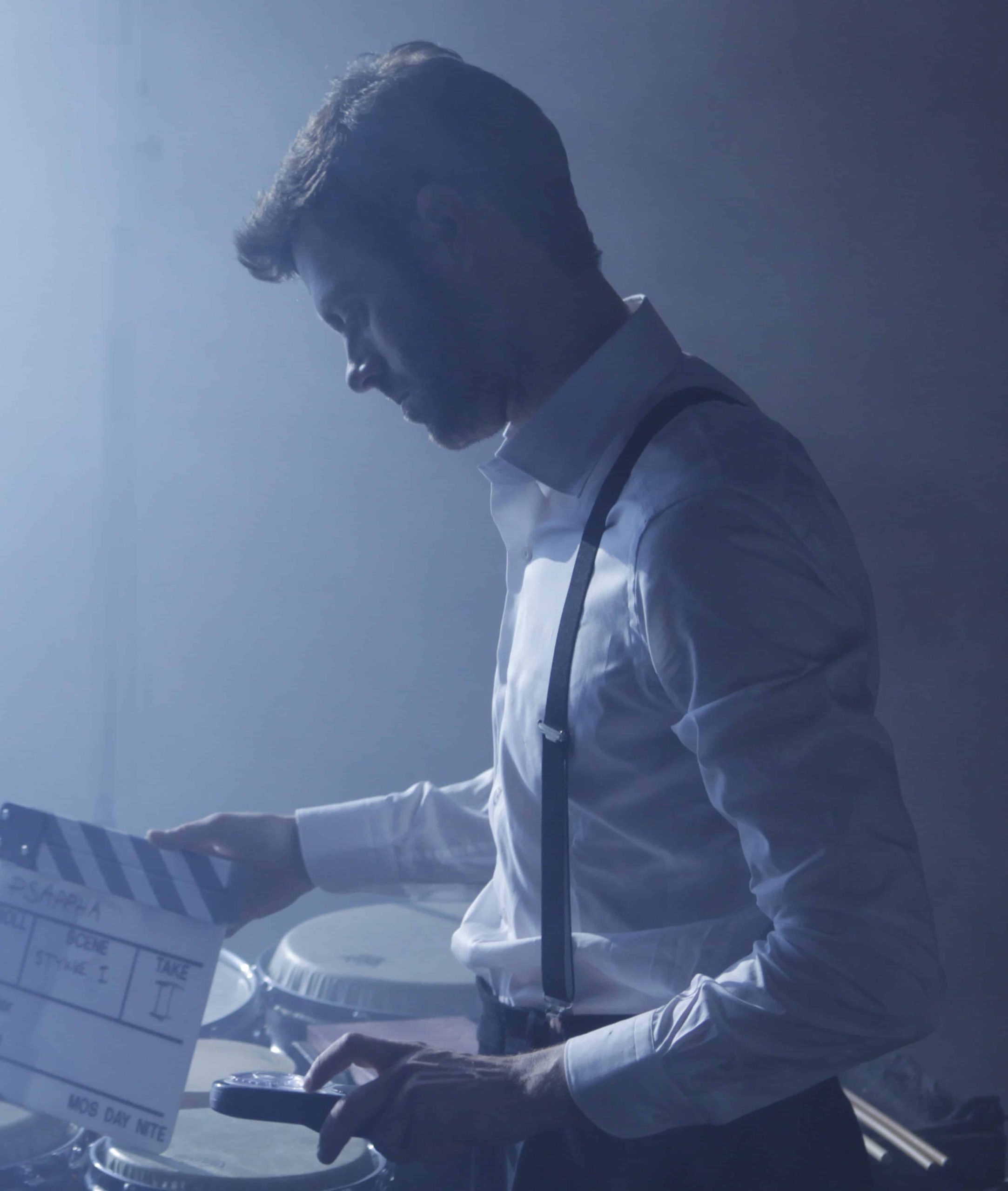



![Listen to the full suite of Marcel Dupré’s Variations Sur un Noël, Op. 20 from Alexander Ffinch’s #Expectations release today! listn.fm/expectations [in bio]](https://scontent-dfw5-1.cdninstagram.com/v/t51.71878-15/588904367_2327488161082898_8709236950834211856_n.jpg?stp=dst-jpg_e35_tt6&_nc_cat=105&ccb=7-5&_nc_sid=18de74&efg=eyJlZmdfdGFnIjoiQ0xJUFMuYmVzdF9pbWFnZV91cmxnZW4uQzMifQ%3D%3D&_nc_ohc=gQOLjaATqEIQ7kNvwGtwlA_&_nc_oc=AdmiXk6WJzS2lJWRESdSC2d01b8ci00qk_zZ9YiL7jFHJLJTCZcjwmkq6IMwLmZTFxY&_nc_zt=23&_nc_ht=scontent-dfw5-1.cdninstagram.com&edm=ANo9K5cEAAAA&_nc_gid=uwETDljylZdUz-alp6Azpw&oh=00_Afmlz3mYP9CnHahSq4082KwjvjBLL850S-oN6g-fmerbIQ&oe=6947916A)

![“the ‘Manteca’ Paraphrase – a rare foray into the two-piano medium but here played double-tracked – exudes a panache of which Dizzy Gillespie would surely have approved.… [a] recital well worth investigating.” —Gramophone Magazine with high praise for Ophelia Gordon's debut release, Kapustin: Between the Lines!](https://scontent-dfw5-3.cdninstagram.com/v/t51.82787-15/598796470_18303255136283342_540941604740887837_n.jpg?stp=dst-jpg_e35_tt6&_nc_cat=108&ccb=7-5&_nc_sid=18de74&efg=eyJlZmdfdGFnIjoiRkVFRC5iZXN0X2ltYWdlX3VybGdlbi5DMyJ9&_nc_ohc=sFsWUr2jc5wQ7kNvwGEpFSV&_nc_oc=AdlFPqin_fFD72mwHIiuHWzUODh0pFyzqu3Q_uNIYVTfKrFxF7qR1rjQIuEEzEk5qxc&_nc_zt=23&_nc_ht=scontent-dfw5-3.cdninstagram.com&edm=ANo9K5cEAAAA&_nc_gid=uwETDljylZdUz-alp6Azpw&oh=00_Afnpr2zANdw8EM619d0czz2wSWUAnLTTw8NsfS4MF2y9SQ&oe=69476BC4)




